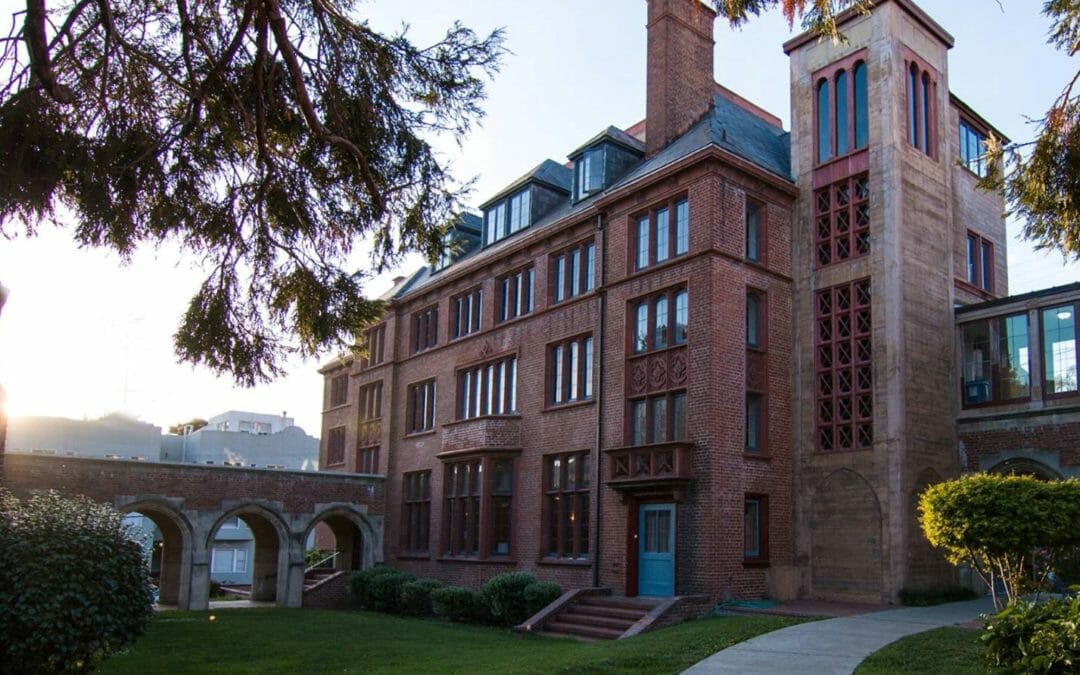
Theological education in North America: Crises and faithful creativity
Theological schools in North America are facing a time when they must turn toward new models and philosophies.

Theological schools in North America are facing a time when they must turn toward new models and philosophies.
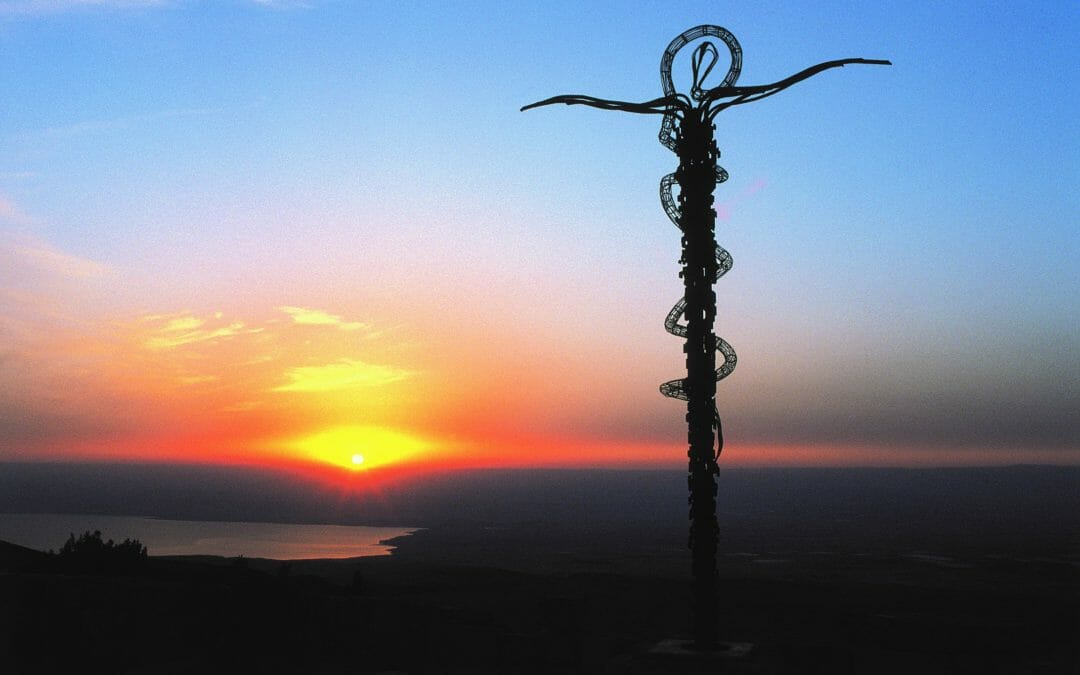
Like Moses, King was able to see the fulfillment of a promise, even if he doubted he would live to experience it himself. Like Moses, King lived a consequential, if not a long, life.
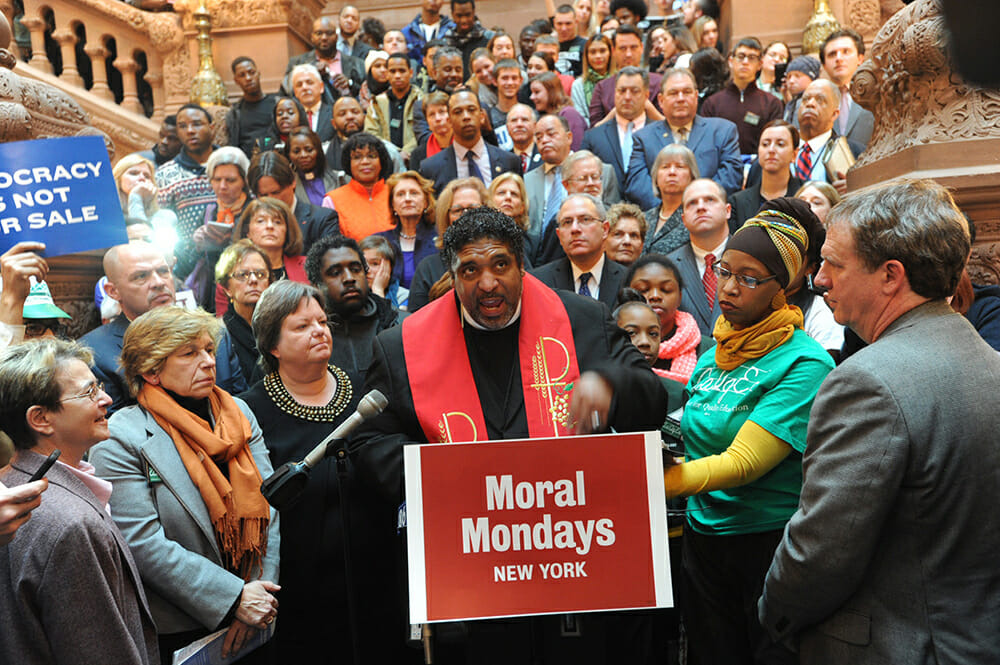
Faith is knowing that when God helps you, there is no challenge that can’t be met. There’s no mountain that can’t be climbed. There’s no valley that can’t be crossed. There’s no enemy that can’t be defeated. There’s no darkness that can’t be overcome.
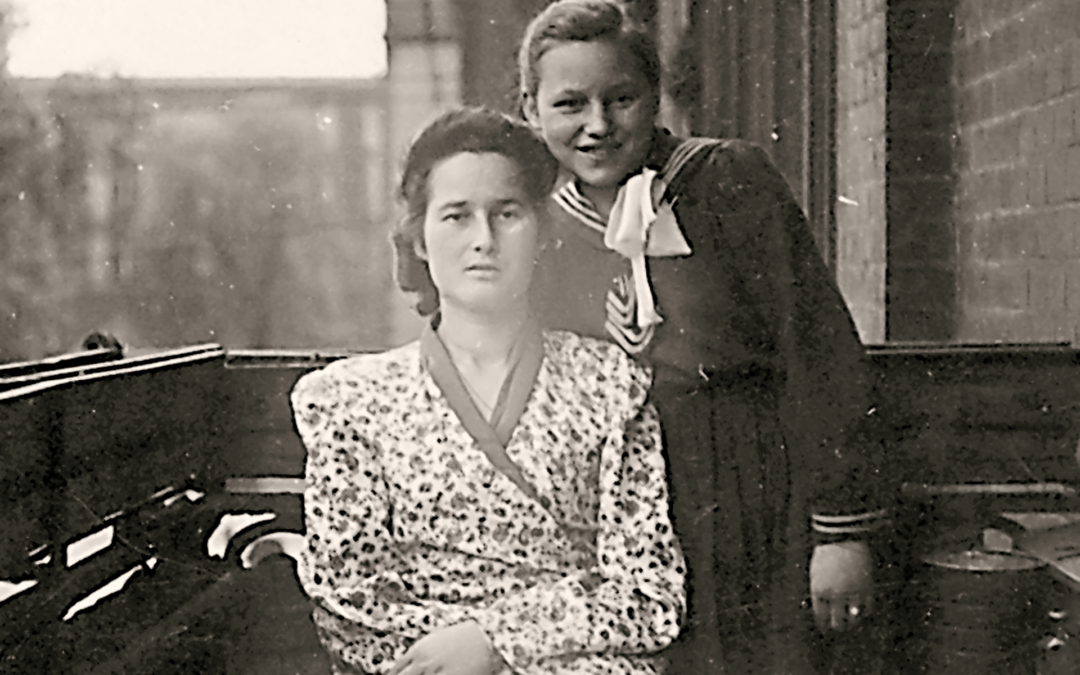
One way of reading the story of Martha and Mary from Luke’s Gospel is that contemplation is preferable to action. Another way of reading it is that some circumstances call for contemplation, for listening, for stillness; others call for active response.

Is Recreational Complaint Syndrome holding your church back? Don’t let this sink your church.
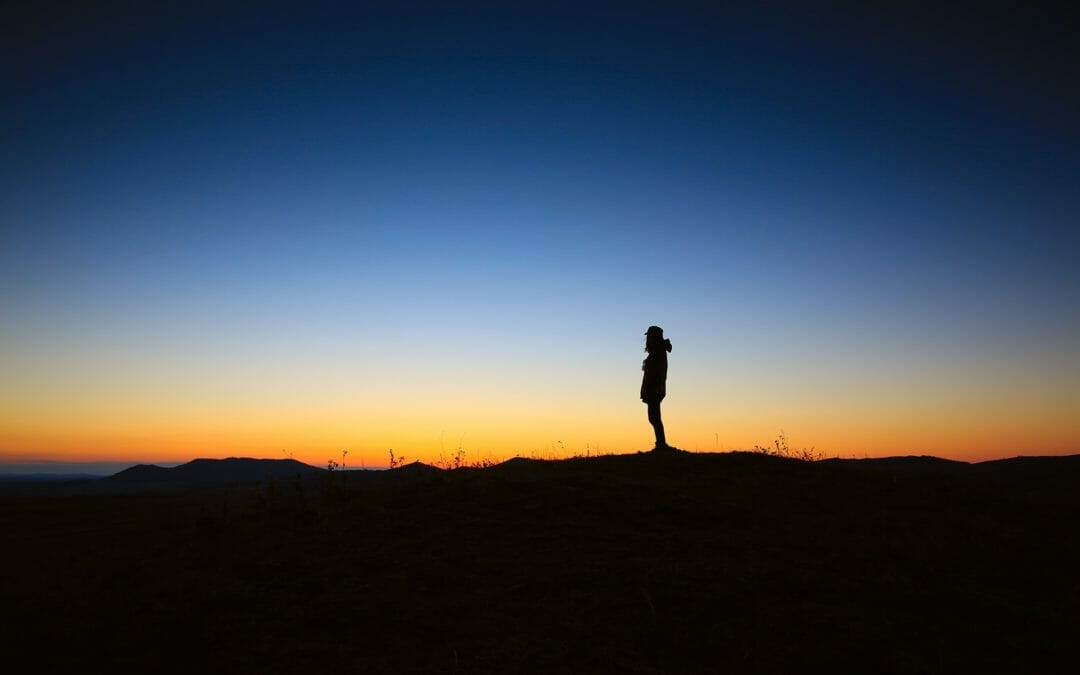
Perhaps when Jesus spoke about the darkness not overcoming the light, he was not speaking about a nation’s politics or governance.

As a Christian educator, I am frequently asked by churches about the best techniques for turning children into Christian believers. As the national director of discipleship ministries at the Home Mission Societies, I am asked to help cast a vision for faith formation across the human lifespan. I maintain that much of our task in discipleship formation is repentance and remediation.
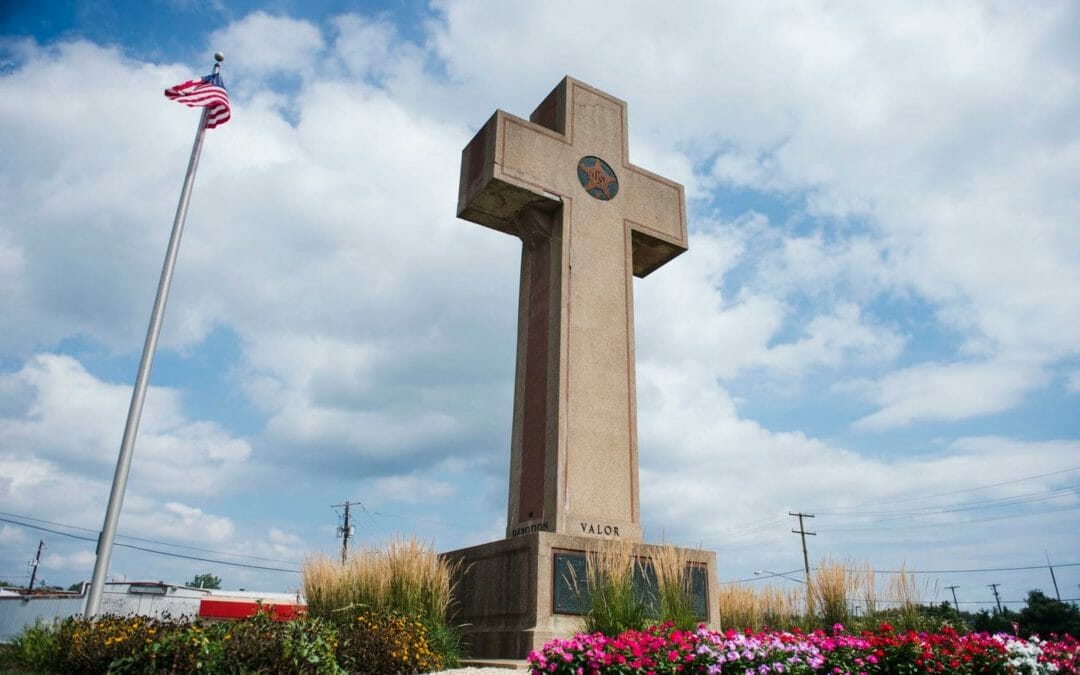
A towering, 40-foot concrete cross in Bladensburg, Maryland is at the center of a fascinating Establishment Clause case pending before the United States Supreme Court. To claim that the cross is merely a secular grave marker ignores history, culture, theology, tradition, and common sense.
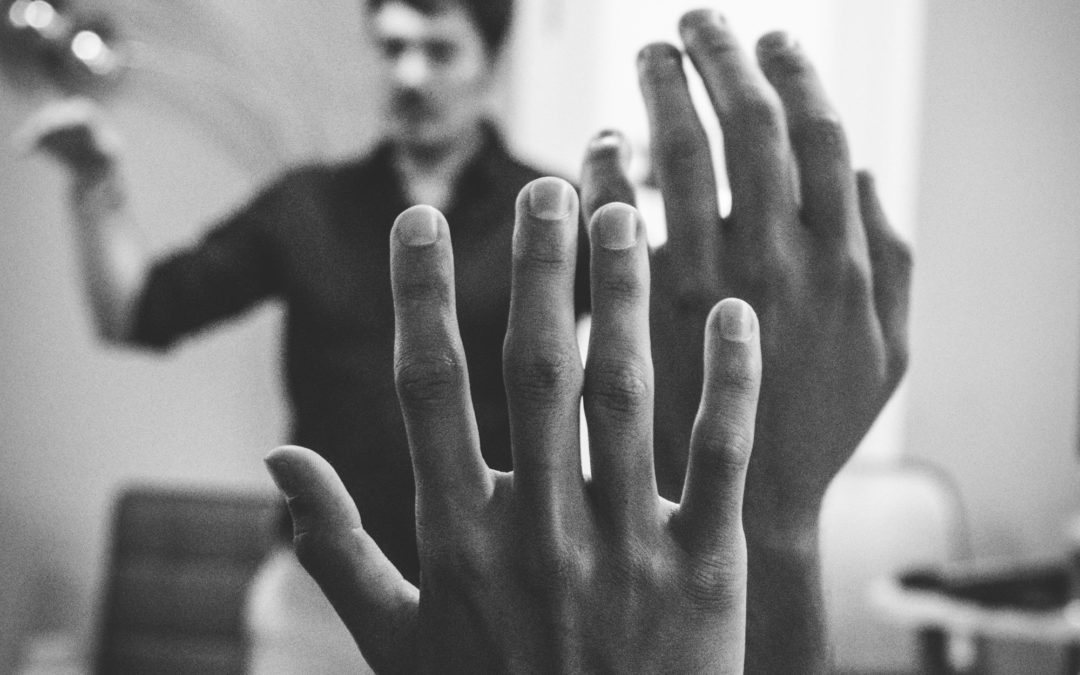
One of the best times to consider the questions of the curious is during Lent, when thinking people of faith can wonder and converse about the meaning of Easter.

In a world addicted to “go”, have you given thought to the merciful self-permission to stop or deaccelerate?
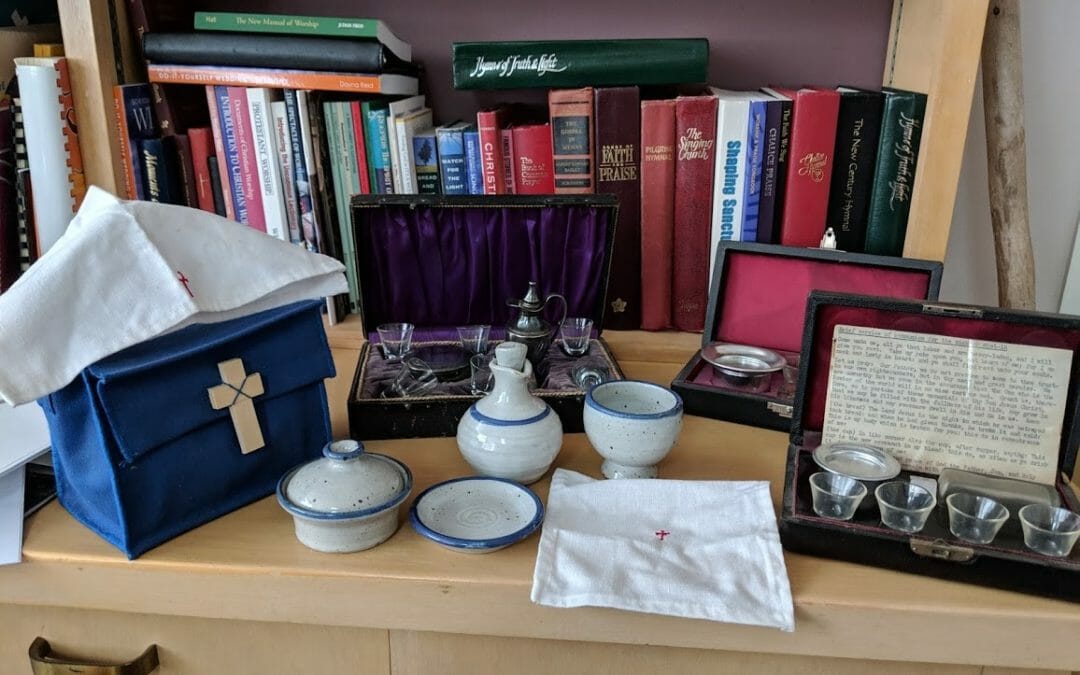
For three generations before me, the men of my mother’s side of the family were ministers. Their communion sets are pieces of my family history that help tell the story of where I came from.
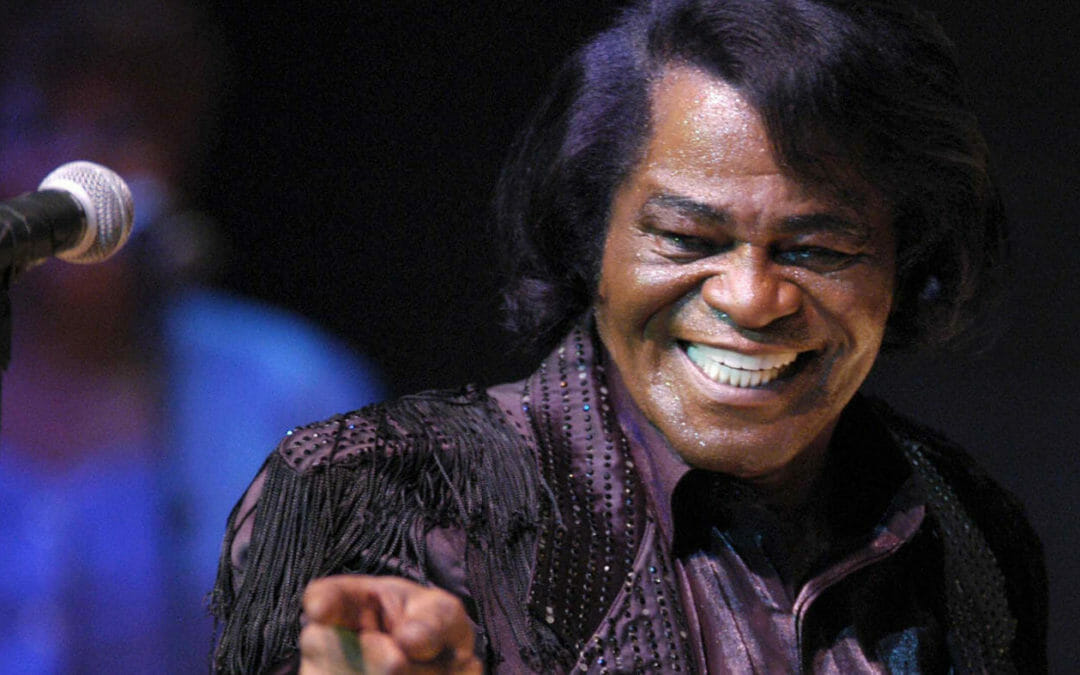
Lent leads Christians into Easter. And every pilgrimage — every serious spiritual sojourn — starts with prayer. Borrowing the words of James Brown, “Get on the good foot.” Let’s make prayer the foundational priority through every step of our Lenten journey.
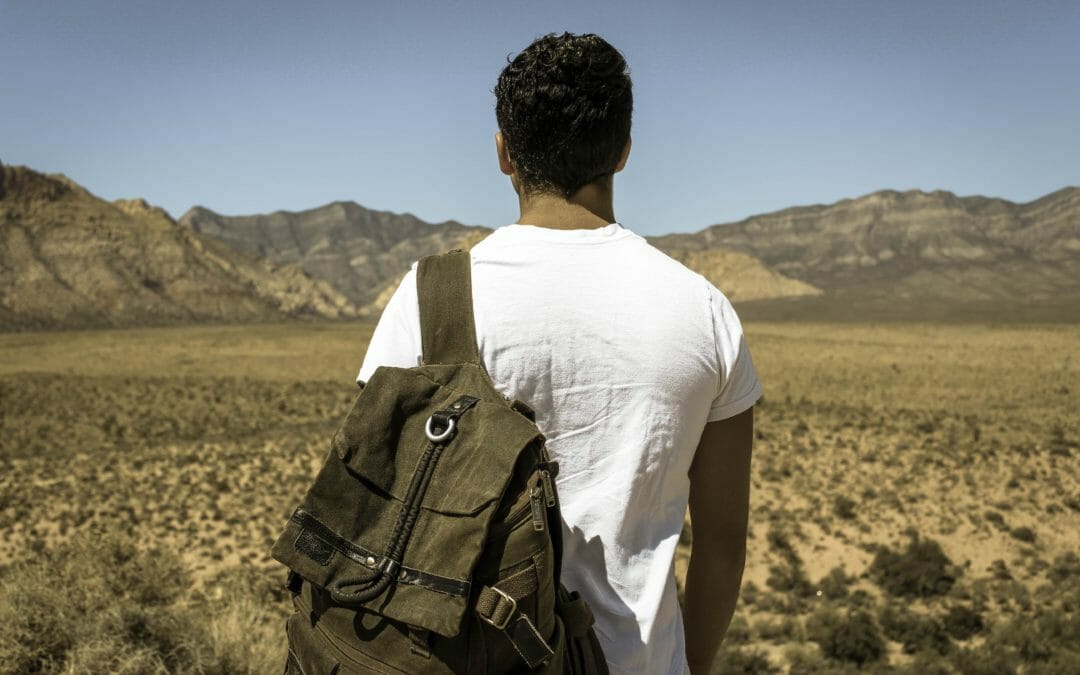
The season of Lent offers an opportunity to be intentional about one’s spiritual journey. As we struggle with overcoming our own spiritual and emotional challenges, may we grow towards finding common ground among brothers and sisters with differences
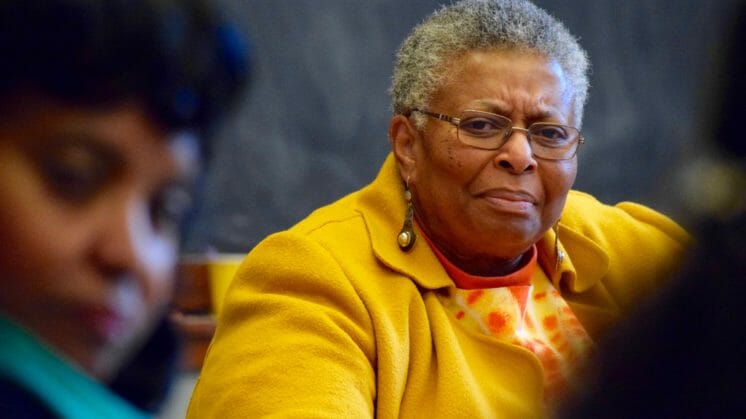
Women’s History Month is a good time to focus on Womanist Theology as part of a continuing conversation about the contexts in which the Bible was written, in which it is currently being interpreted, and in which many who read the Bible are living every day.
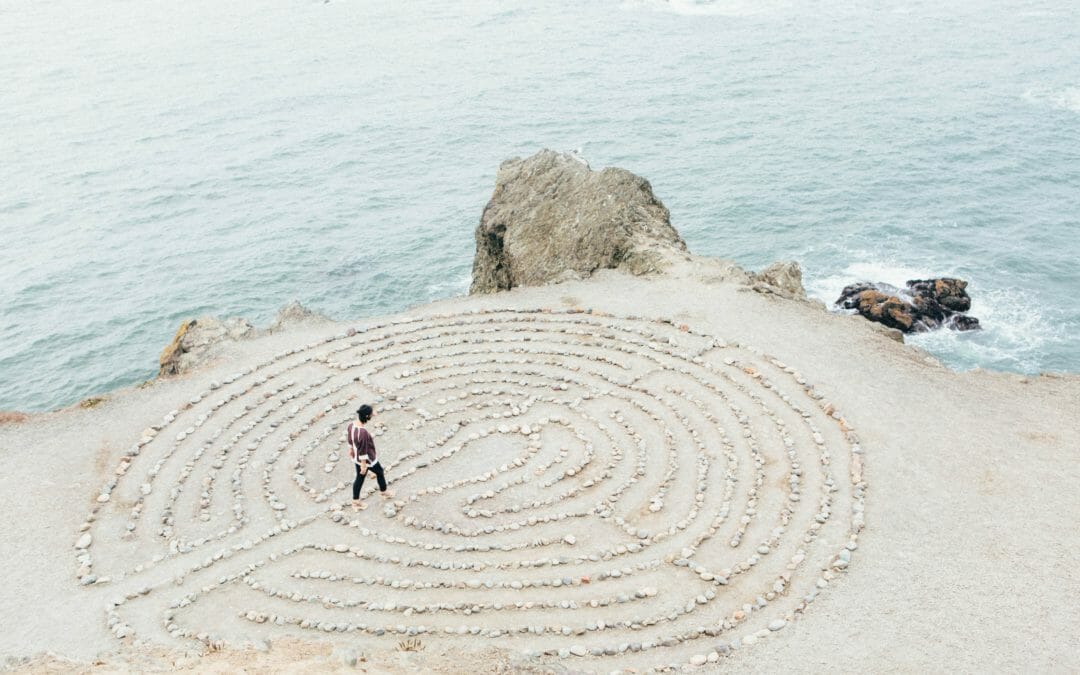
I’m grateful for the season of Lent, and these practices that have helped me be more aware, more thoughtful, and more free. Have you taken on a Lenten practice this year? Whether you take something on or give something up, it’s not too late to begin.

My mother taught, tithed and tended the people and projects of her church throughout all her adult years. This article is for her and all the women like her.
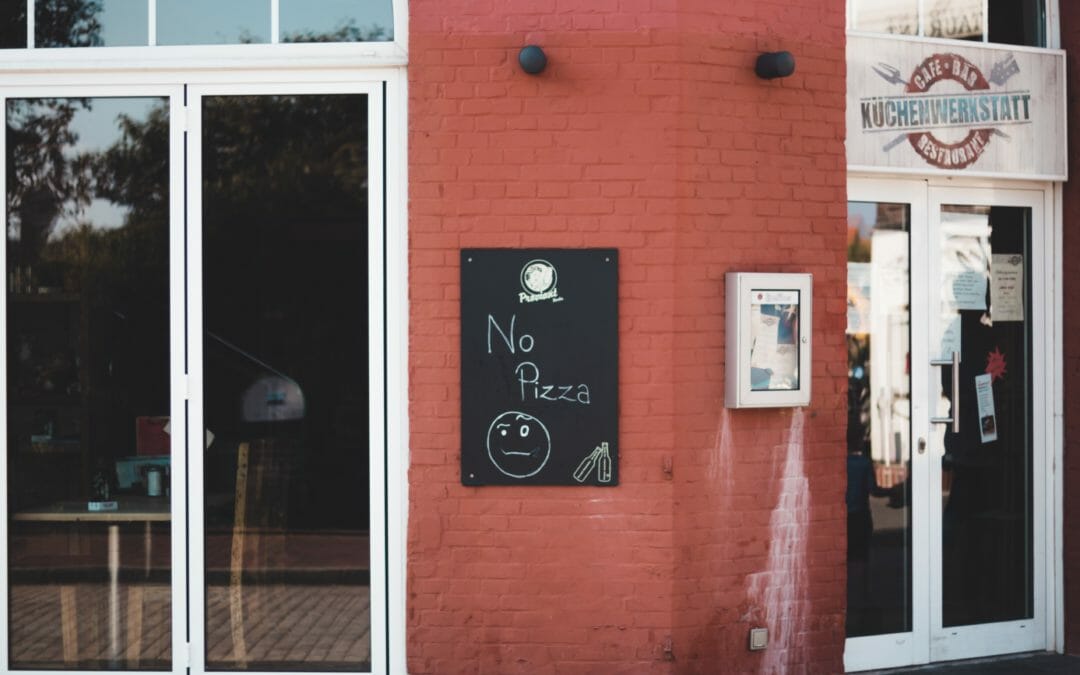
What if this Lent, many of us welcomed and risked a rejection each day? What if we embraced this counterintuitive way to strengthen and hone our discipleship?
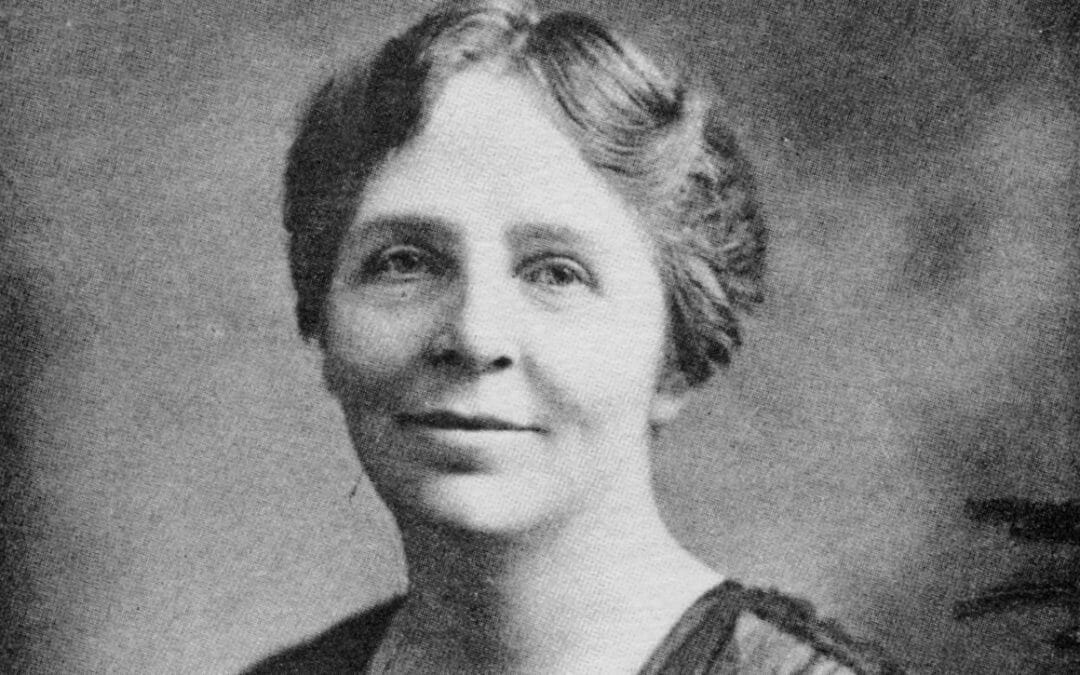
In all her work she advocated for—and embodied—the rightful place of women in positions of leadership. She helped spearhead the movement to make the University of Rochester coeducational and broke new ground as the first woman to serve on the Rochester Board of Education.

“Remember, you are dust, and to dust you will return.” One by one they came, listened, received. But halfway through, I faltered.

A few years ago, I made a change and started reading more fiction again. The insights in various genres—literary, historical, romance, science fiction and fantasy—all have led me to think differently about the questions we wrestle with theologically.
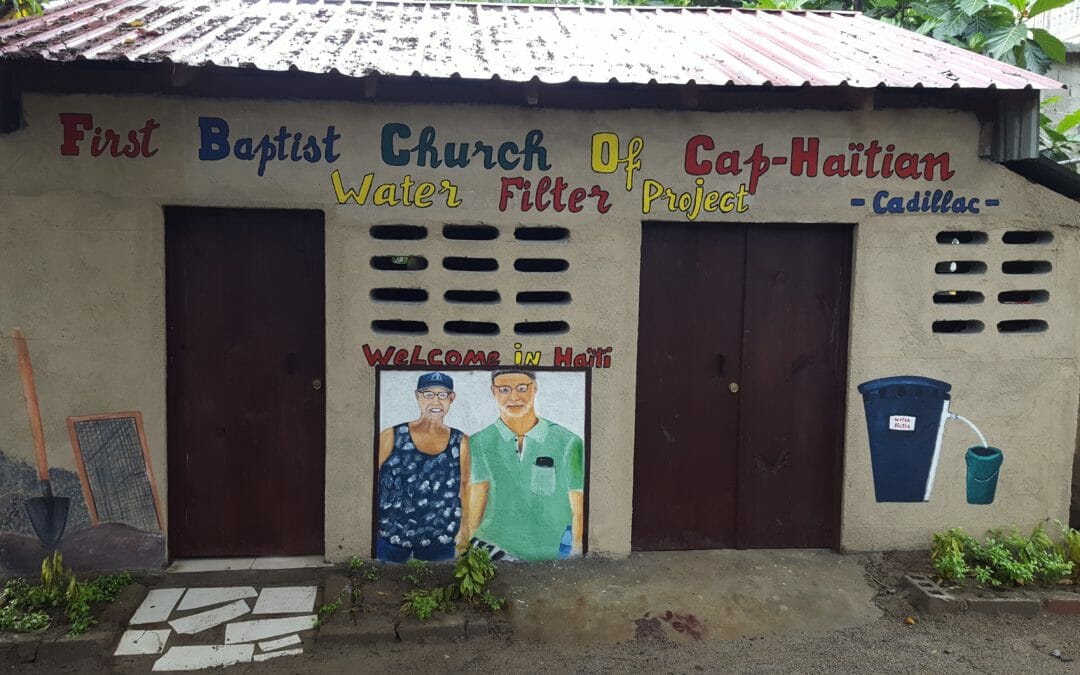
We learned that as many as 1 in 6 Haitian children will not live to see their 5th birthday due to waterborne illness. We wanted to serve God not only spiritually but also serve our brethren in a tangible way. Through prayer, we decided to do something, no matter how small, about clean water.

The formation that takes place in and through the life of the family truly is the foundation for a child’s spiritual growth.
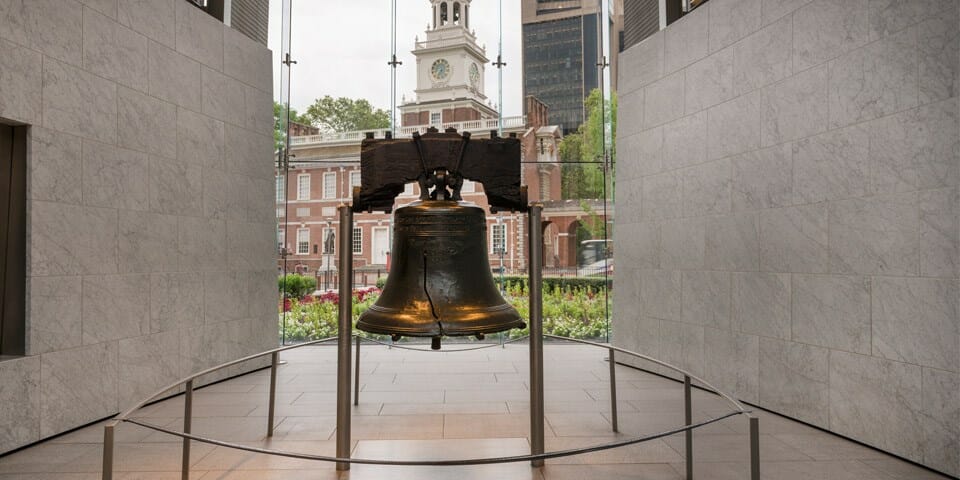
The intent of American liberty was always directed to all, although our practices, like the bell, contain some cracks in them.
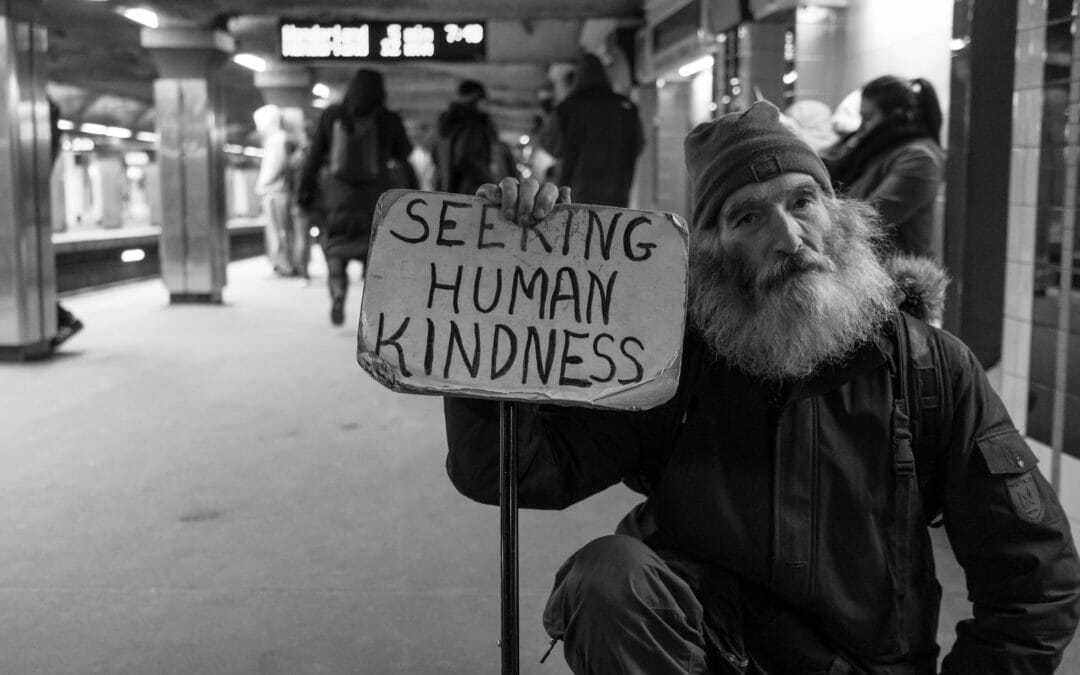
The story of the Good Samaritan is core to who I am as a Christian: to be a neighbor, to show mercy, to anyone, regardless of who they are.
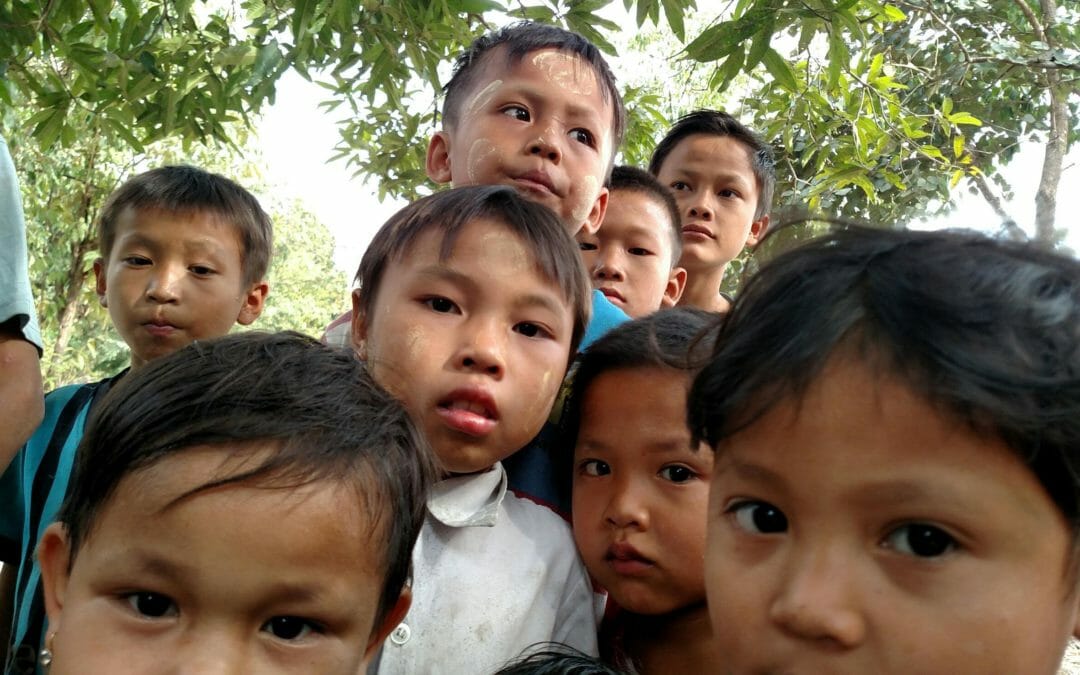
A crowd of old and young, women and children congregated around wooden benches and told stories of their hard lives. Two villagers in their 90s described how they fled from their original village to the current village. The eyes of women and young children looked with curiosity and followed the team on the dirt road as we departed. When can they walk away free?
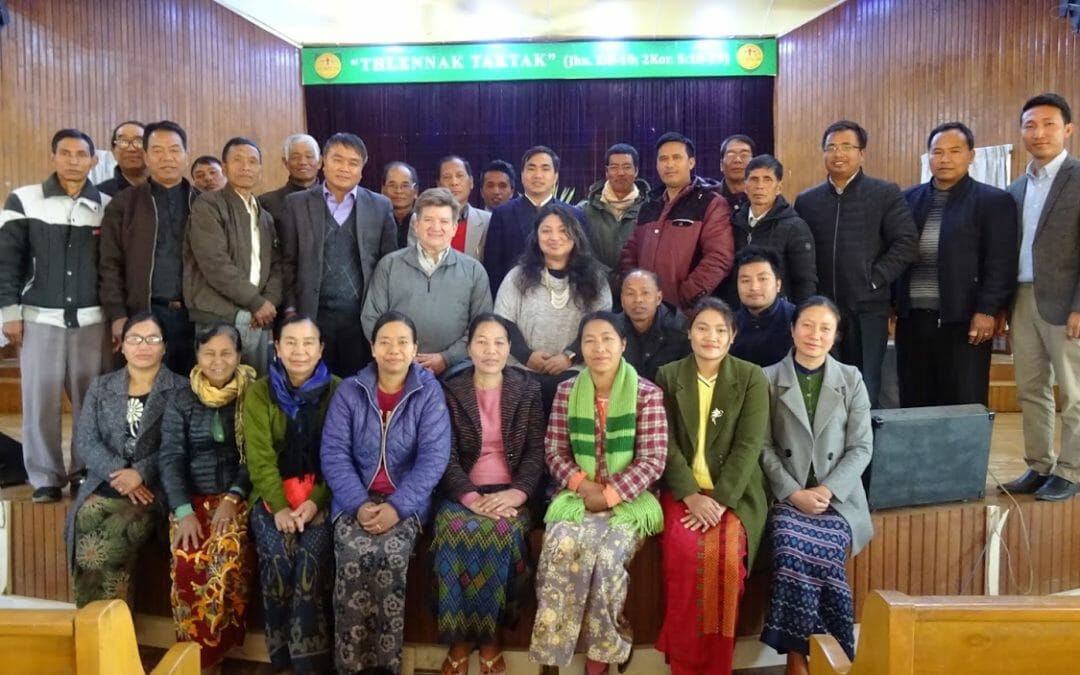
A delegation of American Baptist leaders, including general secretary emeritus, A. Roy Medley, visited Kachin State, Myanmar, January 4-9, 2019. Dr. Medley spoke with The Christian Citizen about the concerns facing the Kachin people, the suffering of the Christian community in Myanmar, and the prospects for renewing the stalled peace process.
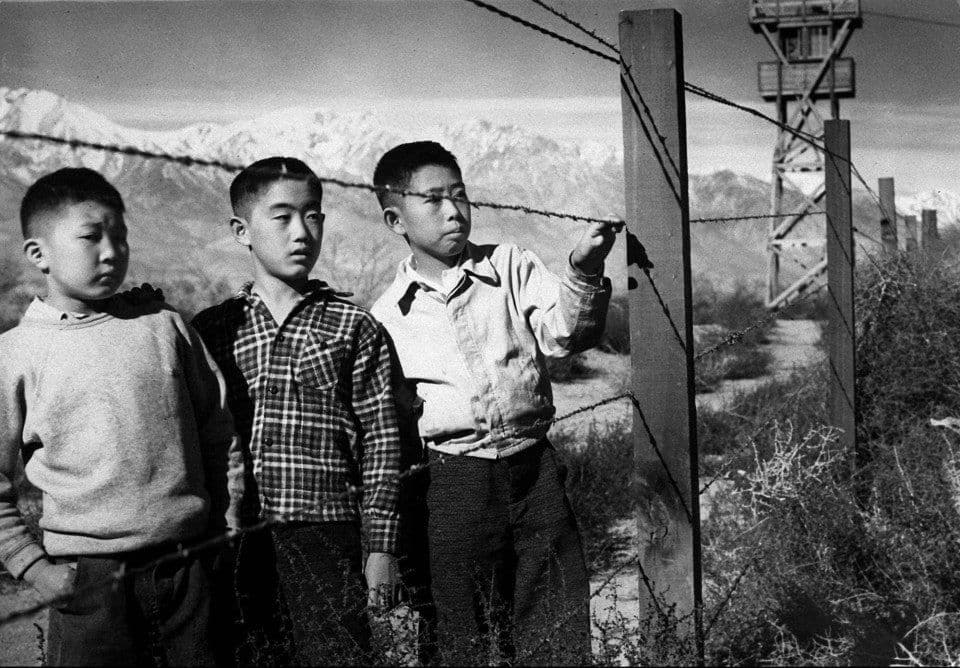
The evacuation and internment of Japanese Americans during World War II is a painful, yet important, reminder of the dangers inherent in majority rule. An important check on this power
to sway governance for good or ill is the voice of people for whom God’s righteous reign is the supreme goal.
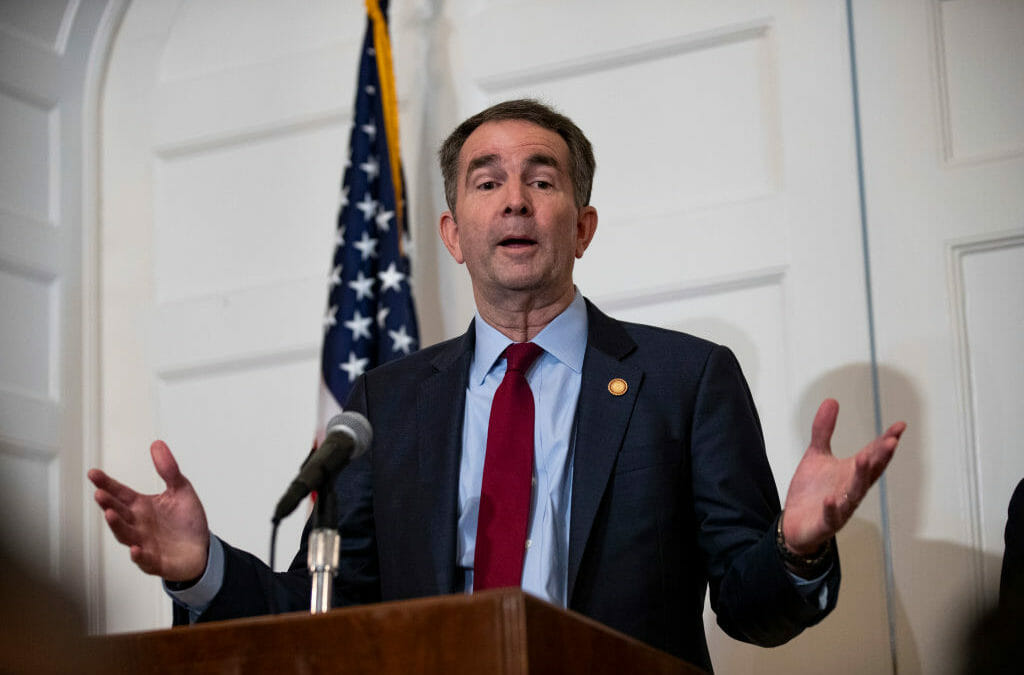
In a time where xenophobia and other forms of fear are heightened domestically and internationally, being up front and honest about our history, malevolent threads of that tapestry included, is desperately needed.
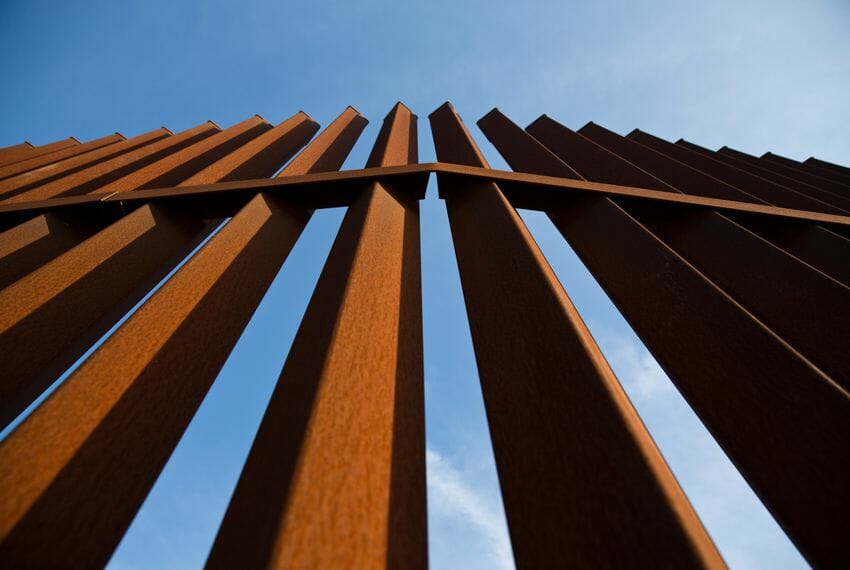
Our challenge is not to redirect the president’s use of emergency powers to something we would prefer he address. It is to contest the use of such powers given the threat to they pose to liberty.

To give attention to society’s most vulnerable requires us to become humble and shed power. For many Christians, this is too great a cost. And so, it is far easier to say this “earthly” kingdom is about structures, utility, and economy and God’s Kingdom (up there far away in heaven) is about love, kindness, and grace. Such dualism tempts Christians to ignore the challenging but required work of Jesus.
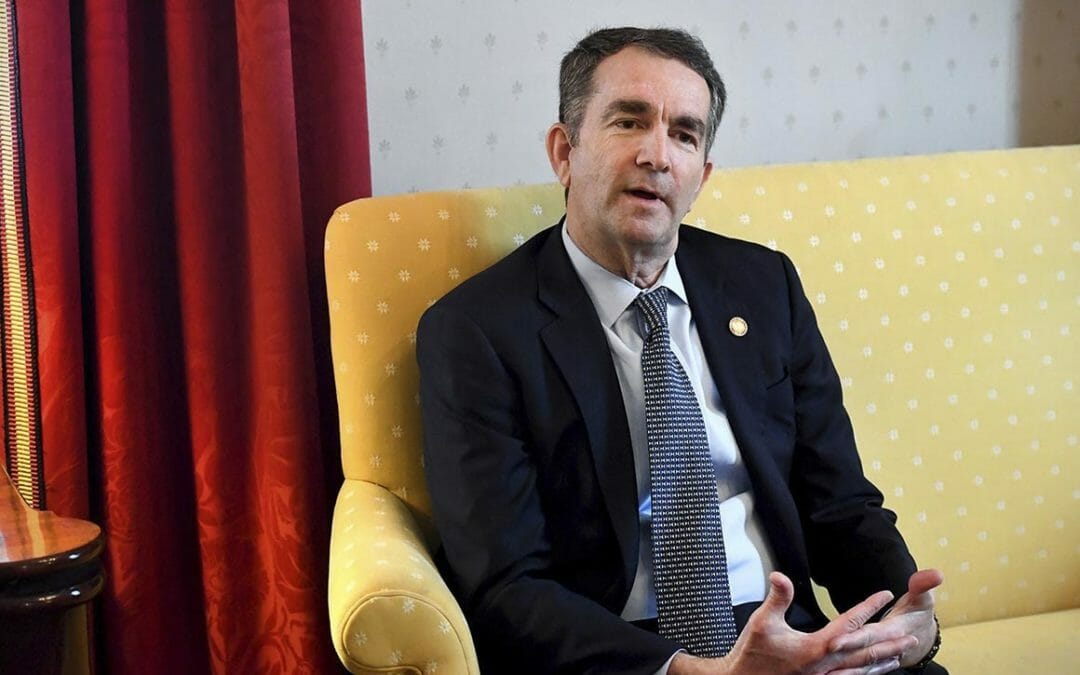
Do we truly arrive at our best verdicts when we permit the crowdsourcing of moral judgment based on limited information, sound bites, press conferences and anonymous allegations to prevail over civil discourse and informed deliberation?
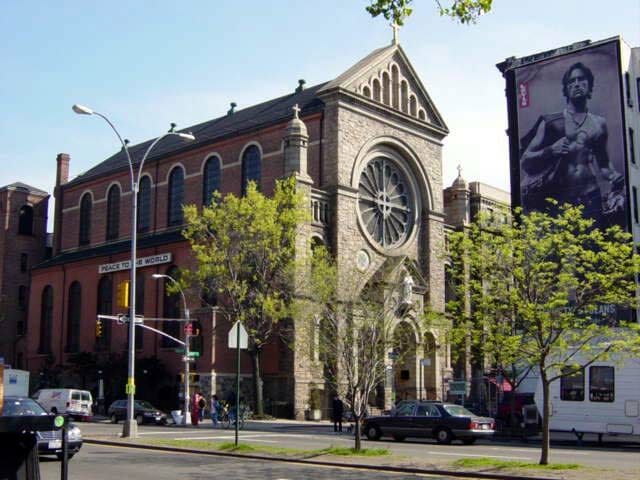
The disruption and loss which generate fear can be necessary and even life-giving. Dealing with change and loss is a constant part of human experience. It’s never easy, but being overcome by fear, or simply resisting and complaining take a tremendous amount of energy which we could put into more creative pursuits.
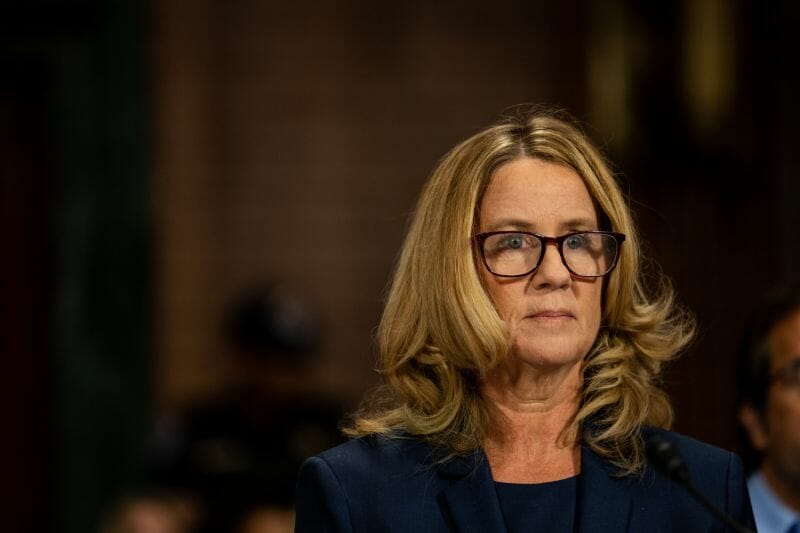
In a just world, individuals and groups with a higher level of power and influence would be held to higher standards. In fact, it’s often just the opposite.
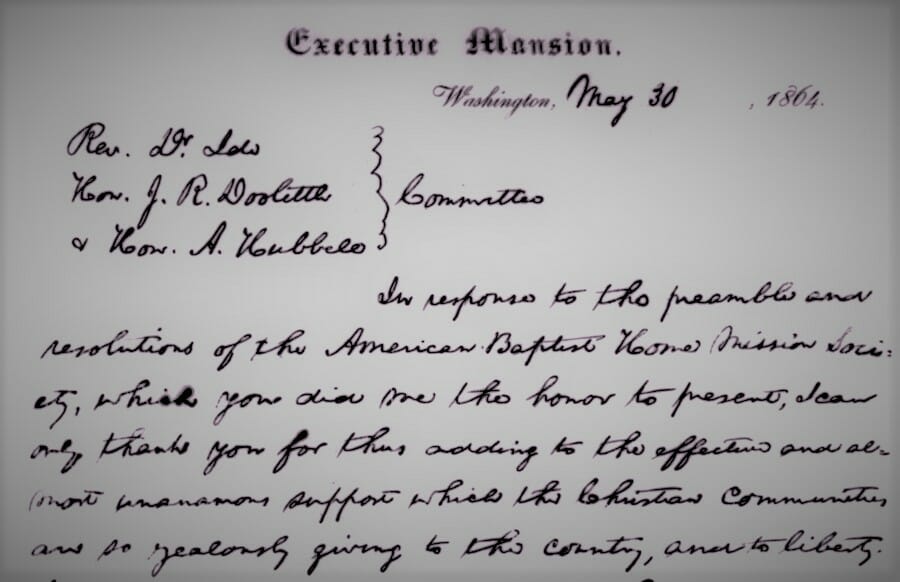
The year was 1864. The very fabric of the nation and the churches in America had been torn asunder by the Civil War. American Baptists were so passionate about the social justice issues that prompted the conflict, that representatives of the American Baptist Home Mission Society met with President Abraham Lincoln to share their loyalty to the North’s position.
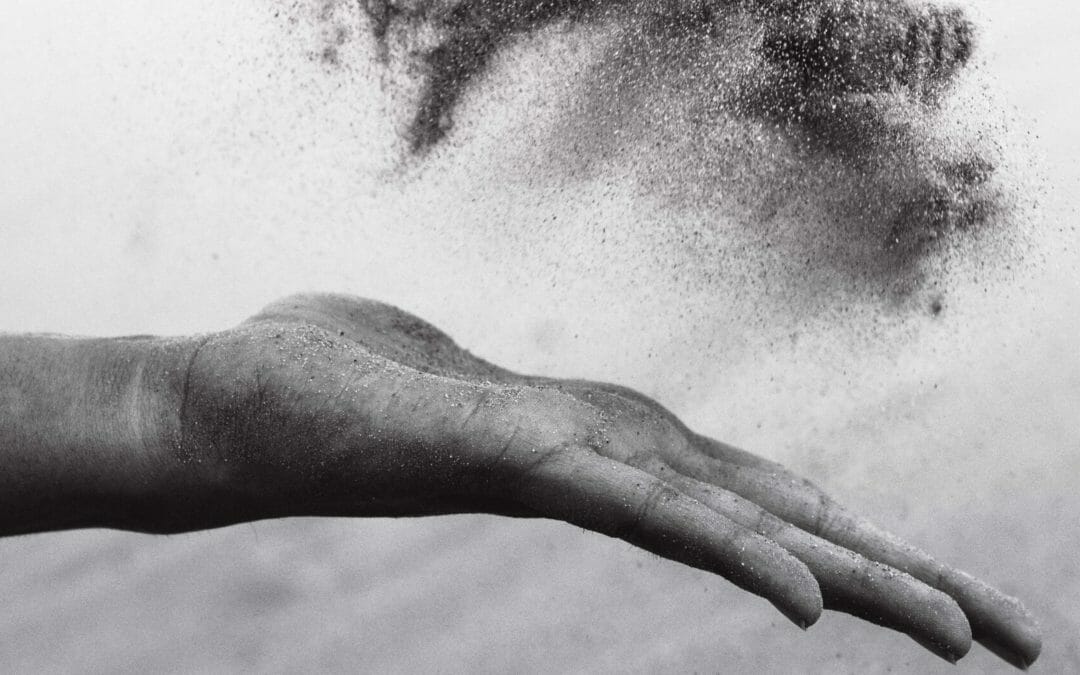
What makes us so strong? The strength to press through suffering is in the spiritual DNA of the black church. It was stamped into the conscious of a people who refused to be silenced.
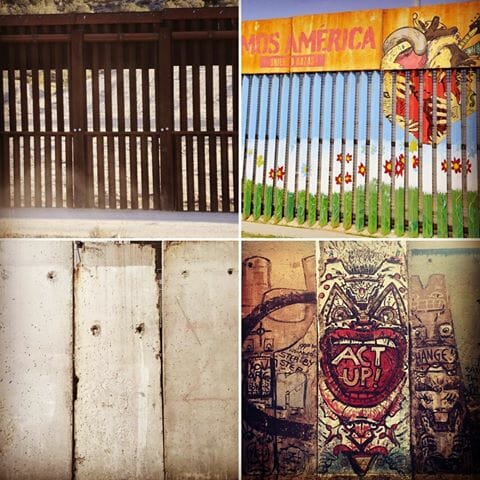
The fragment of the Berlin Wall that was torn down in 1989 is a reminder that building bridges of understanding is always better than building walls of separation and division. I think about the Berlin Wall as I watch our nation wrapped up over the question about a wall at the border that divides the United States and Mexico.
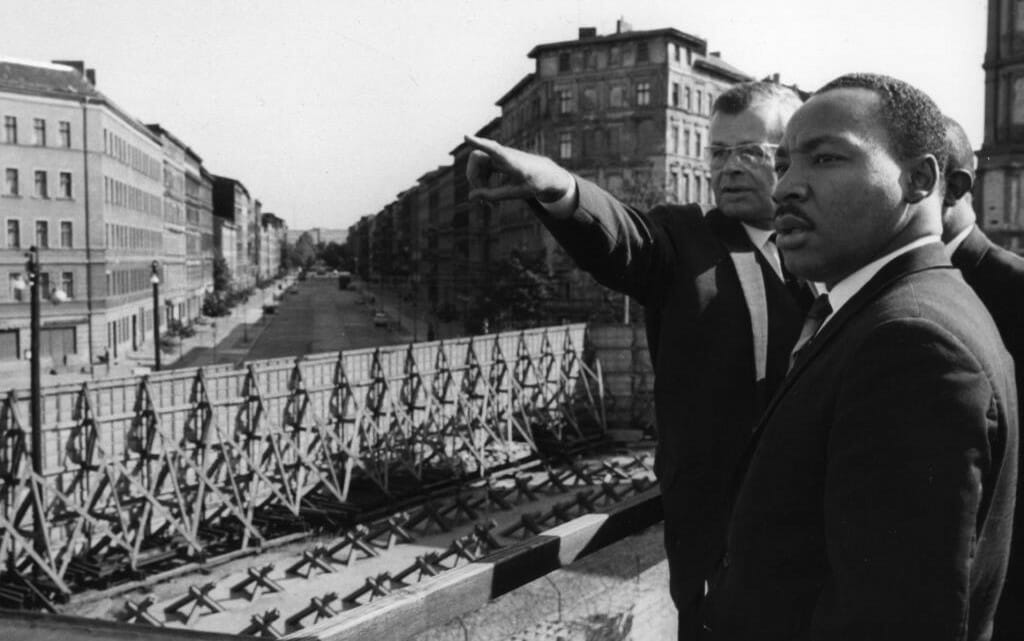
If we wish to do something about the condition of our country, if we seek to improve our individual and shared lives, then let us tear down the walls that exist between us. Let us instead use our energies to build paths to one another so that we can, together, create a more hopeful society.

As we approach the MLK holiday, the witness and legacy of Civil Rights leaders cannot be kept in past tense and treated nostalgically in our public gatherings and celebrations common this time of year. We need persons who can speak to the nation like Dr. King, yet we need the many individuals like Rosa Parks who work for justice and fair treatment on the ground level of our local communities even more.
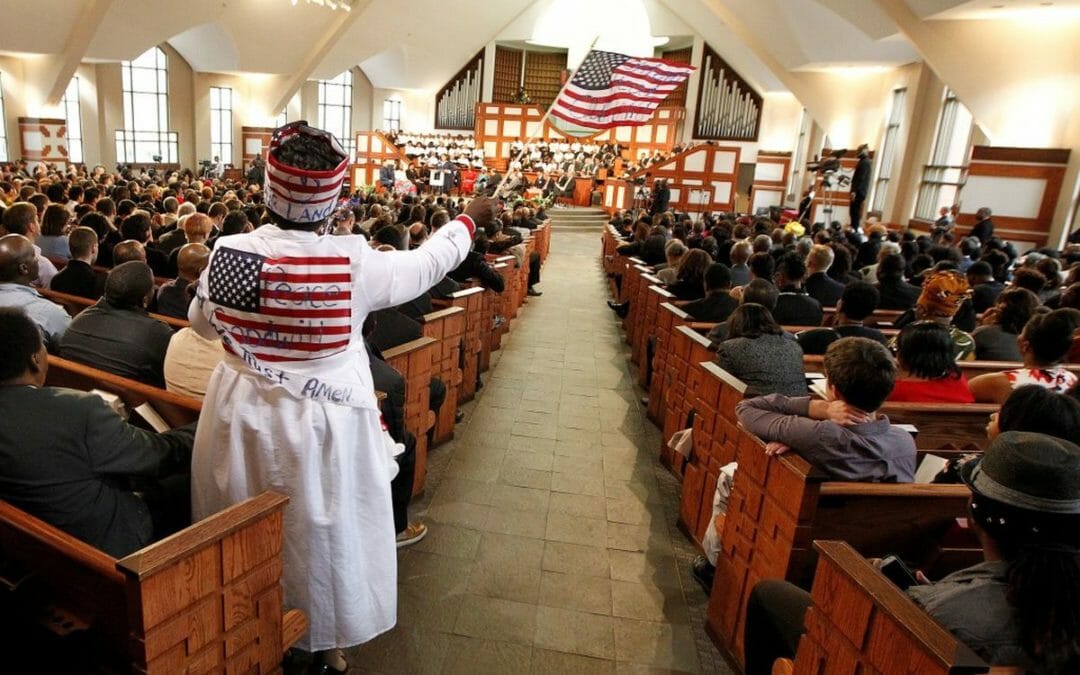
Patriotism, as exemplified by Dr. King, thinks evaluatively about one’s country in light of its best values, including the attempt to correct it when it’s in error and fix it when it is broken. Yet especially on our national patriotic holidays, too often our churches promote nationalism—the uncritical support of one’s nation regardless of its moral, truthful or political bearing.
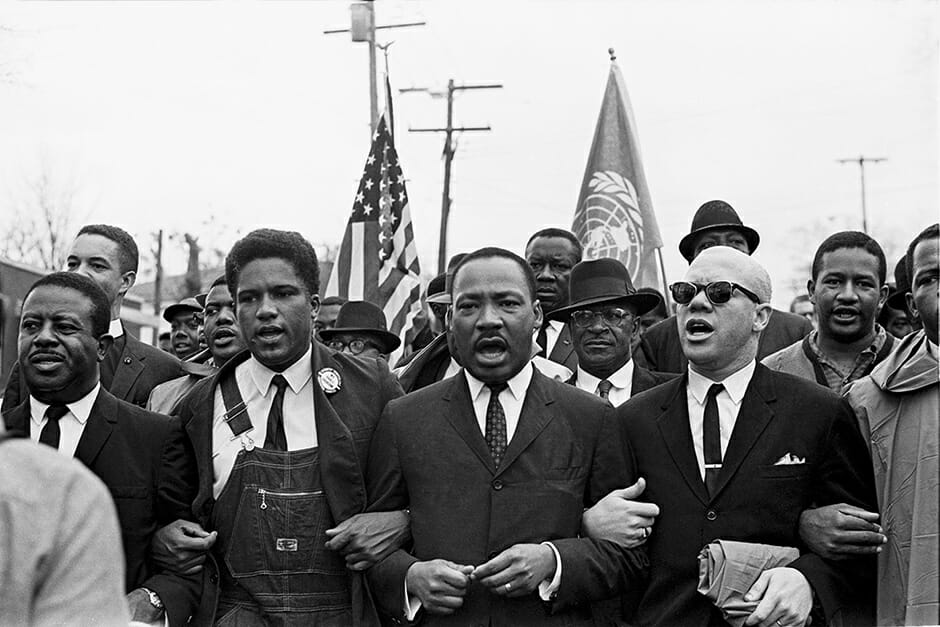
We can talk all we want to about saving souls from hell and preaching the pure and simple gospel, but unless we preach the social gospel our evangelistic gospel will be meaningless.

Ultimately, a congregation cannot express God’s love without being involved and present. The very act of love compels us to connect with people and walk the journey together.
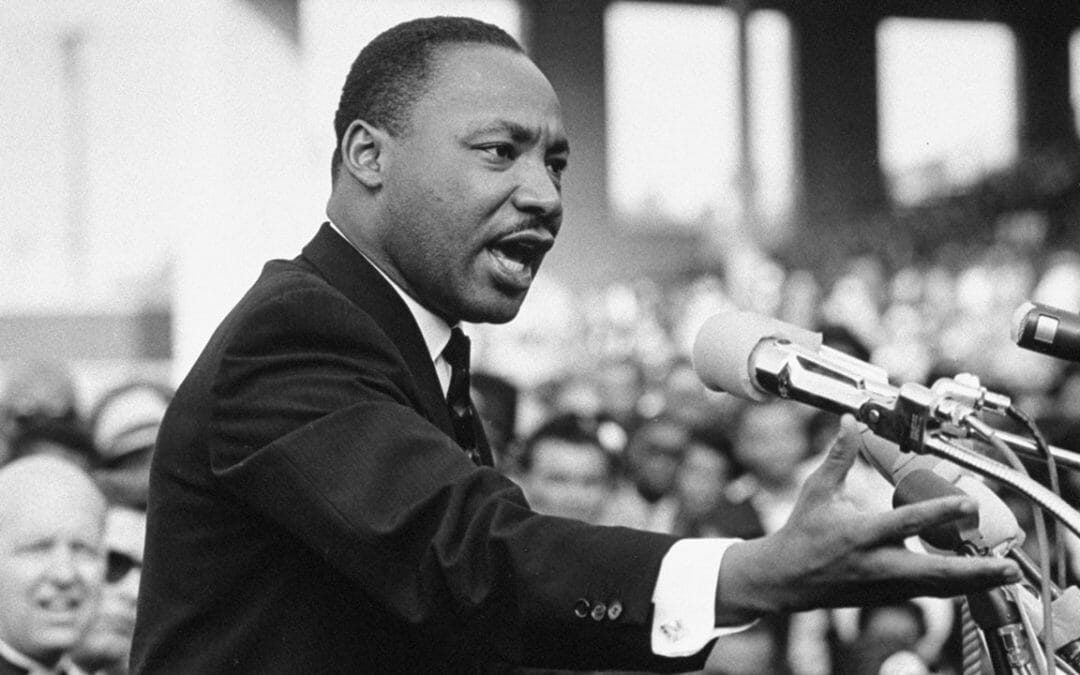
Amid a government shutdown, battles over border wall funding, political polarization, continuing involvement in armed conflicts, and posturing by elected officials, I have found myself posing a provocative question: “What would Martin do?”
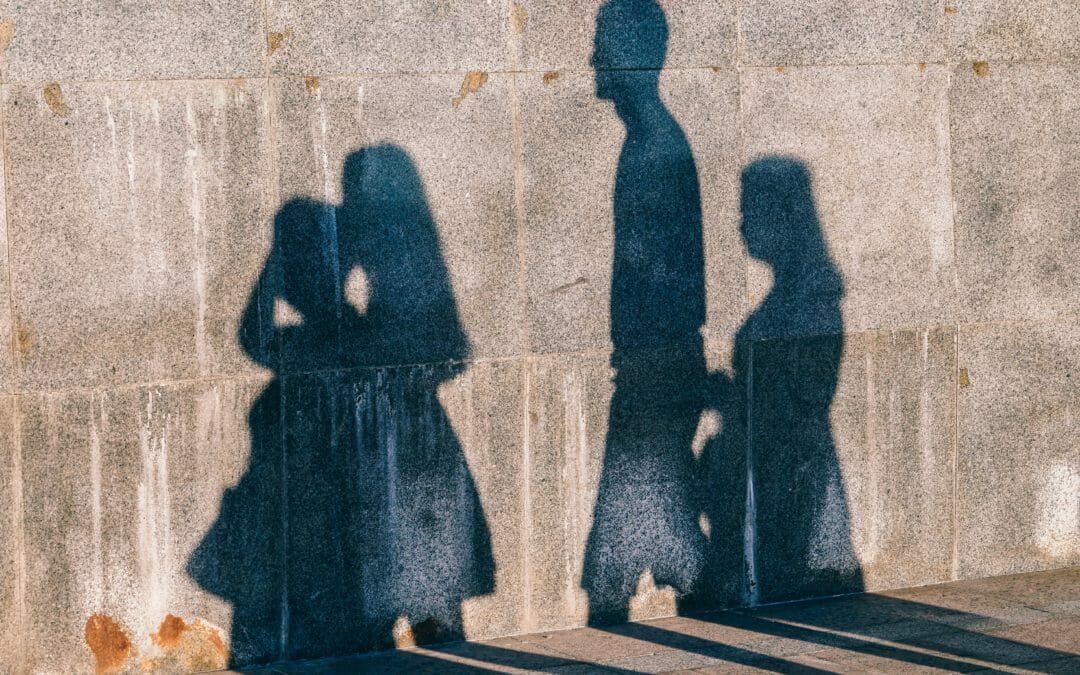
All the energy, anger, and fear directed at people who are desperate enough to flee violence on foot toward a hope in what they believe is the greatest country in the world.

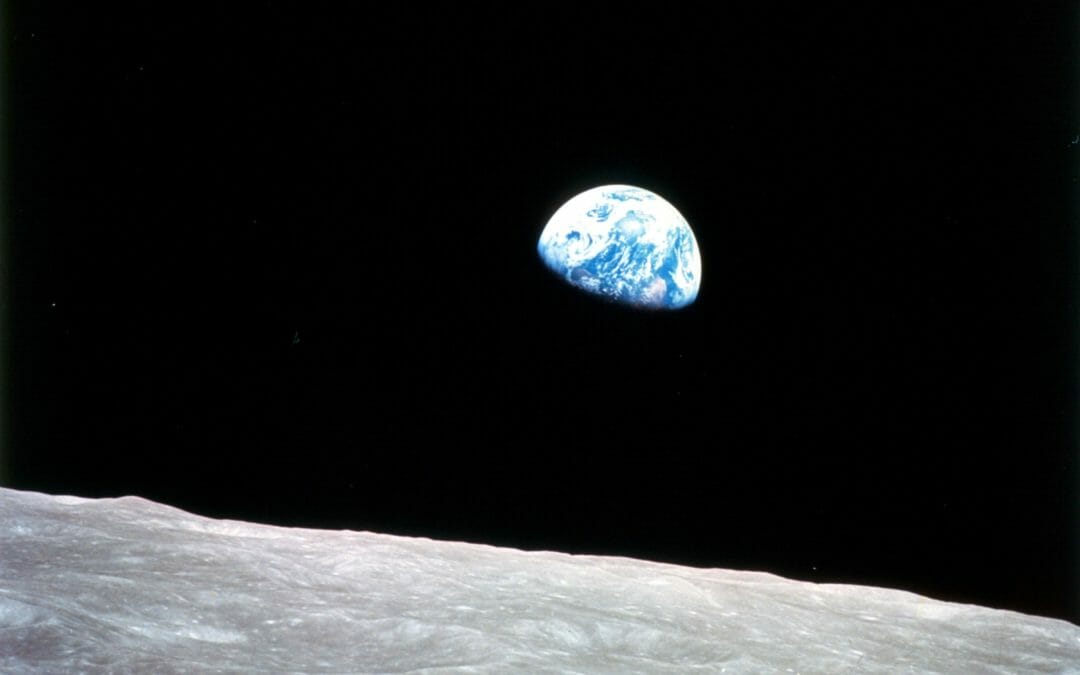
Have we lost sight of the goodness of Earth, this remarkable, fragile, sanctuary that teems with life and possibility amid the cold, indifferent, expanse of space?

The Water Warriors are not only fighting for their own survival, they are working for a world in which the sacredness of water is valued.

We only sing “O Holy Night” once a year. Yet may this social justice Christmas carol call forth our determination and our action, in God’s name, that all oppression shall cease.
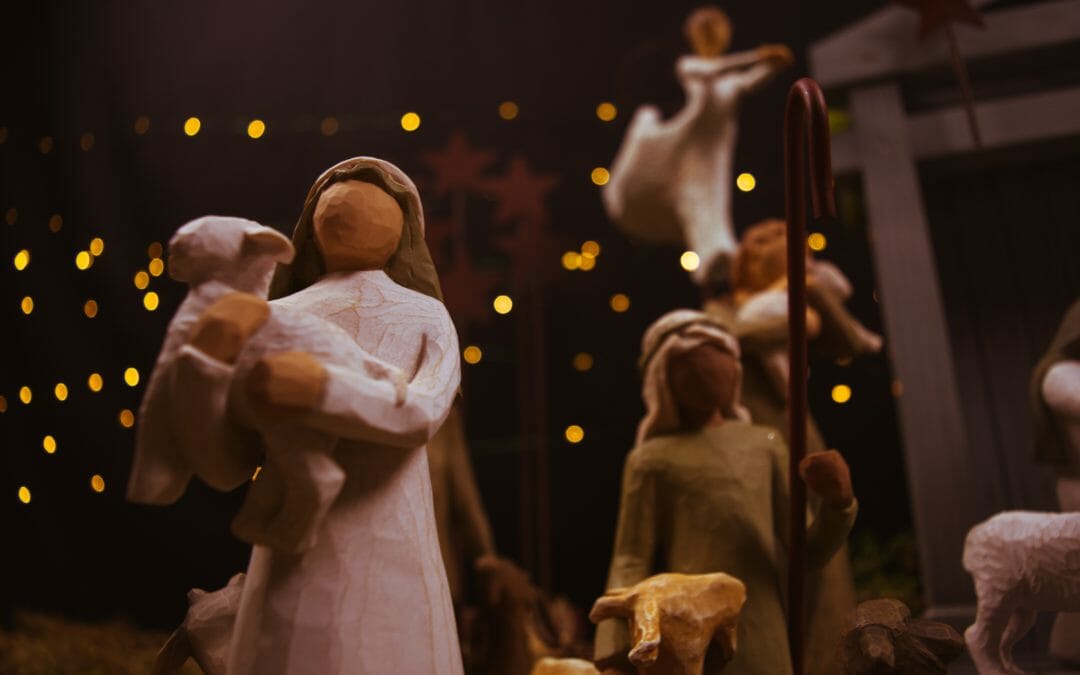
If you have been to church at some point in your life during Advent or Christmas, you’ve most likely seen an adorable Christmas play or pageant. The problem is, when you read the Gospel of Luke or Matthew, there’s no innkeeper or an inn. Such things are a Christmas myth.
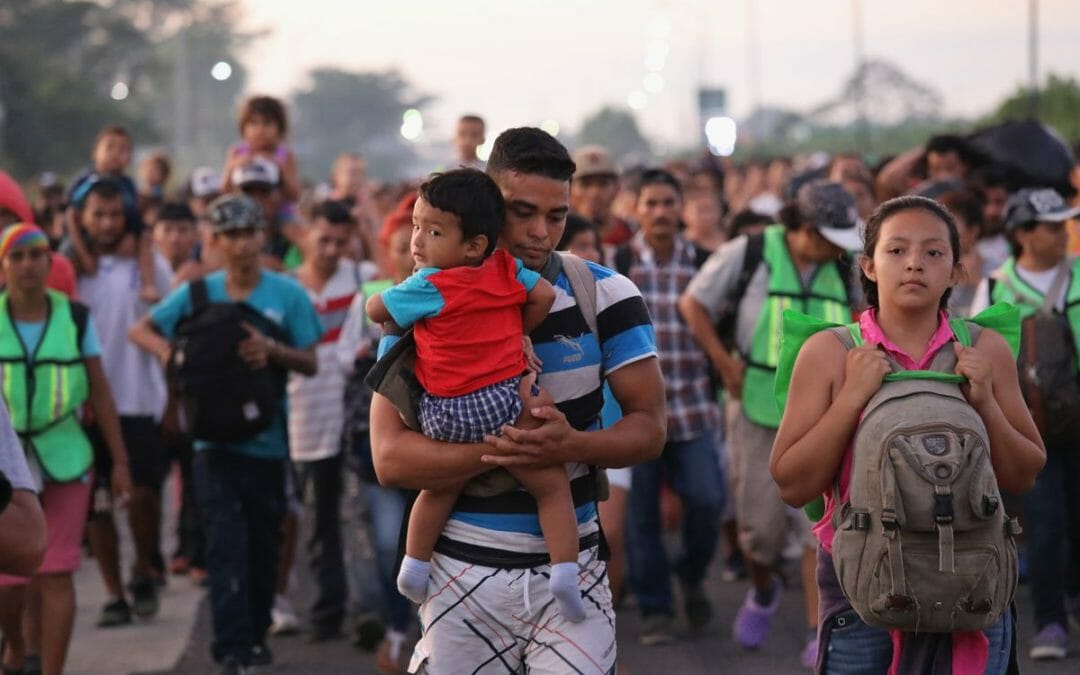
During Advent and Christmas, we remember a God who most fully revealed God’s self to humanity in the form of a baby born to a poor family, forced to go somewhere they don’t want to go, unable to find welcome anywhere, ending up giving birth in a lonely and dirty place. Are you ready to welcome such a God?

Instead of proclaiming a message of “good news to all people” to a world that knows better, perhaps this Christmas we should stay with the truth of the second verse. One has come to show us the way to be reconciled to God and one another. To the extent that we do that, we shall know peace, joy and love. To the extent that we don’t, the darkness will continue.

The days and weeks of Advent offers Christians a special opportunity to look intensely to the Light in the midst of darkness—be it global, national, communal or personal. If we but seek, we will find the inextinguishable presence of Christ shining brightly, beaming with hope, glowing with joy, blazing in peace, burning with love.
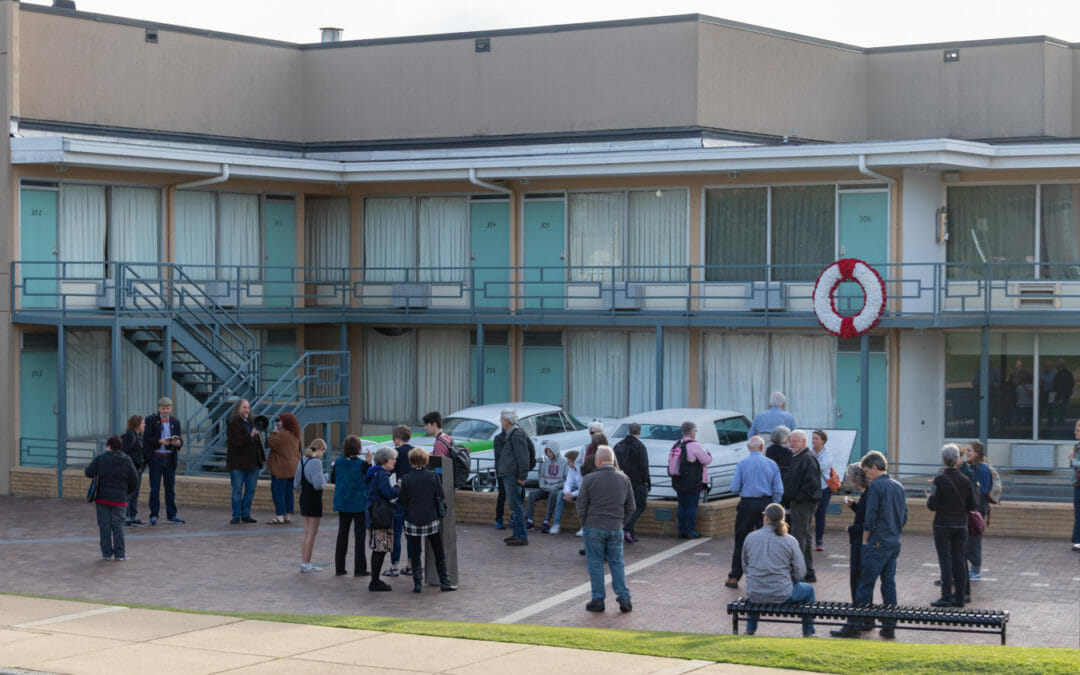
My experience of the National Civil Rights Museum held up a mirror to me and the reflection I saw was not “the fairest one of all” but a racist self that I wanted to change and transform. Luckily, I was on pilgrimage with a group of people who were also on parallel journeys.

The Advent season invites us to sing songs of joy no matter what our surrounding circumstances might be

can you make some space for you this month? What would give you joy? Can you make time for your own spiritual and emotional well-being, in the middle of creating joyful experiences for others?
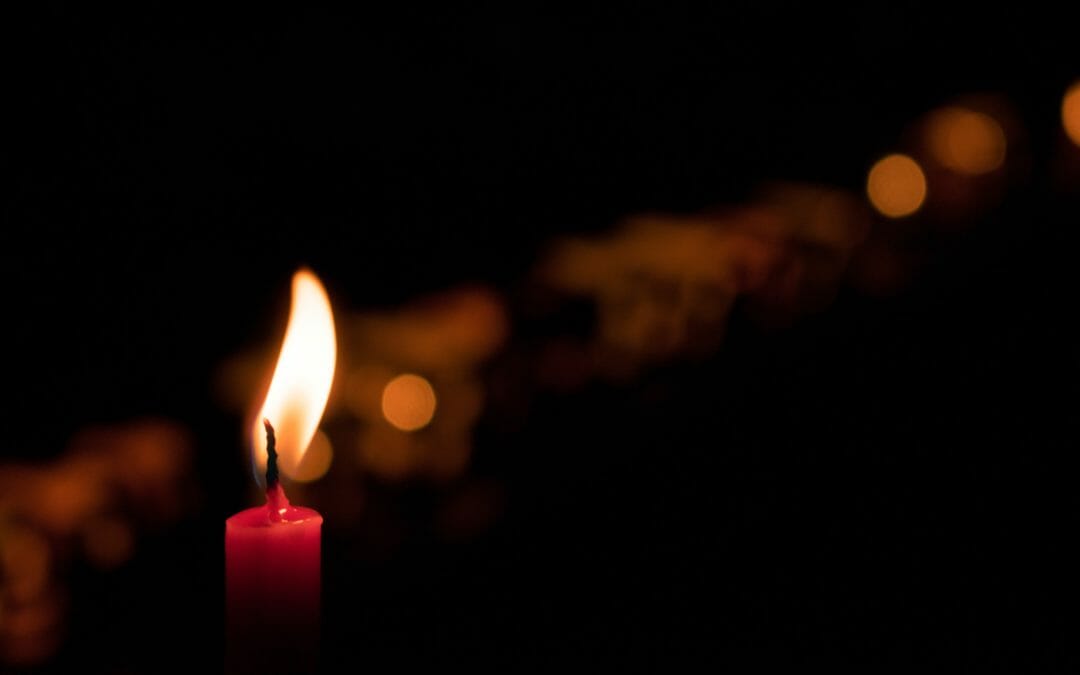
Signs and wonders. Prophets and prophecy. The lighting of candles each Sunday and waiting for Christmas and the Christ-child. This is my favorite season of the year, and it’s magical.

If Advent is a season of expectation, maybe God is expecting us to speak words of peace, hope, joy, and love to one another.
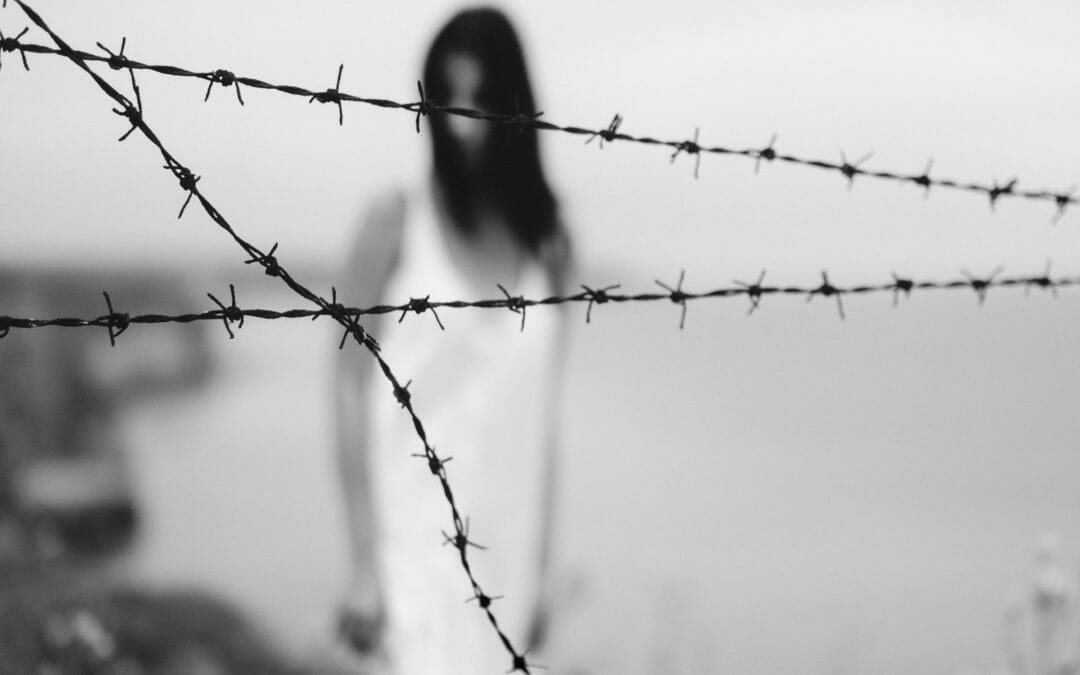
A “Me Too” movement is needed for those who suffer from abusive relationships, to focus the spotlight publicly on anyone who takes advantage of another and abuses their rights and freedoms.
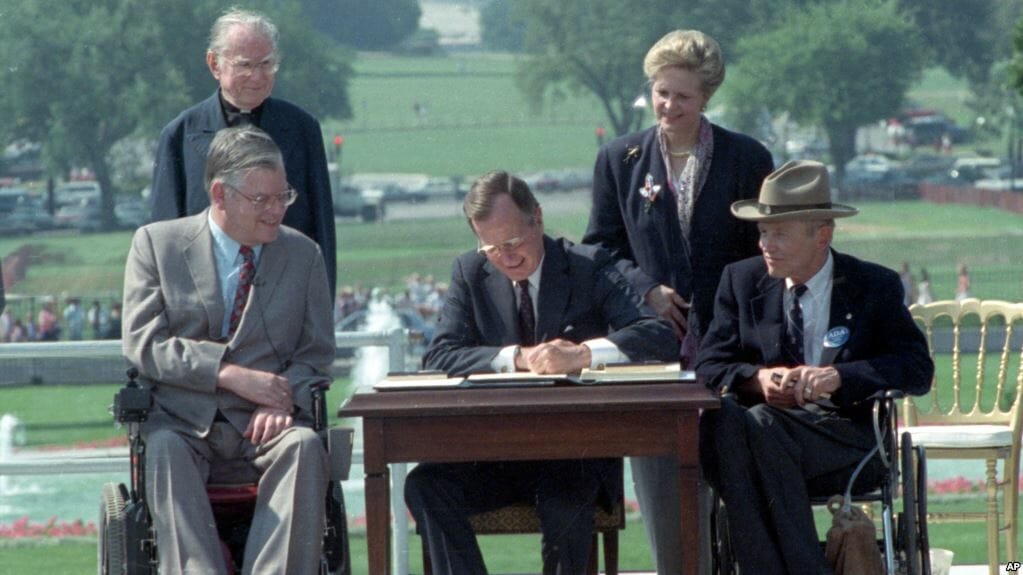
“The President’s personal commitment to guaranteeing equal opportunity for children and adults with disabilities reflected his compassion and dedication to the rule of law.”

The Santa myth is frequently used as a parenting tool that plays into the unfortunate reward/punishment approach to parenting. Weeks leading up to the holiday are often filled with threats of “I’ll tell Santa!” or “Don’t forget who is watching you!” These tactics, reinforced by the Santa lore, potentially lay the foundation for a problematic understanding of God

We can take the take the presence of mental illness and the mentally ill in our families and communities to heart without surrendering to despair. We can be aware without living with perpetual suspicion. We can incarnate understanding rather than perpetuating fear.
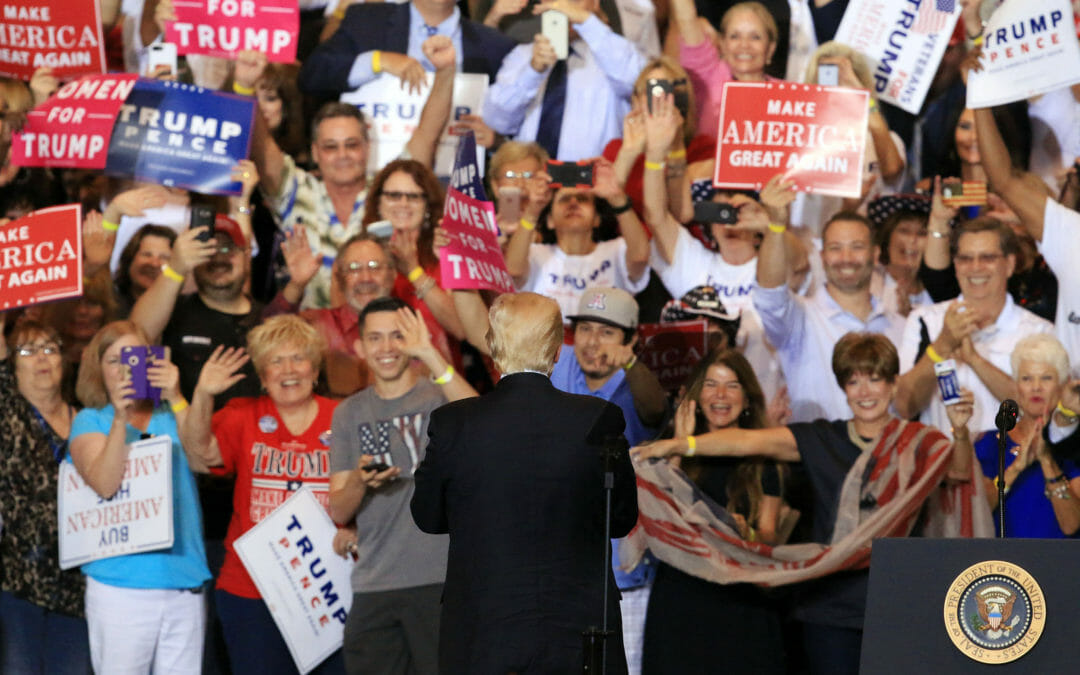
Fear currently is a common thread that runs through our present culture. It is a tactic that is used to paralyze the mind and spirit of the poor as well as the privileged.
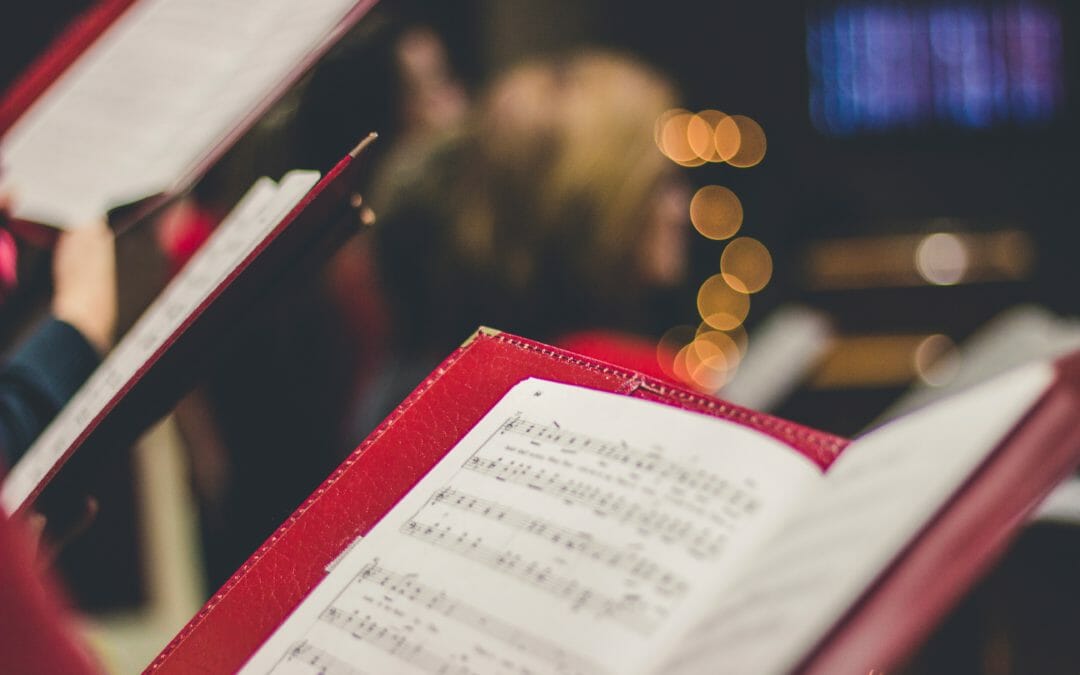
The song of Zephaniah is yet another reflection of how the season of Advent helps us live in the “now” and the “not yet.”

The incredibly nasty midterm elections have finally passed. Now what? I believe you don’t need to lie down and accept the current state of affairs, but that there are five practical steps you can take to engender more hope in our lives, communities and society. We must act. And you can.

Too much of what we are seeing in society is about sowing discord and division. Rather than celebrate someone who is doing a good work, we want to find fault. Rather than seeking unity, we are increasingly isolationist with a desire to build walls.
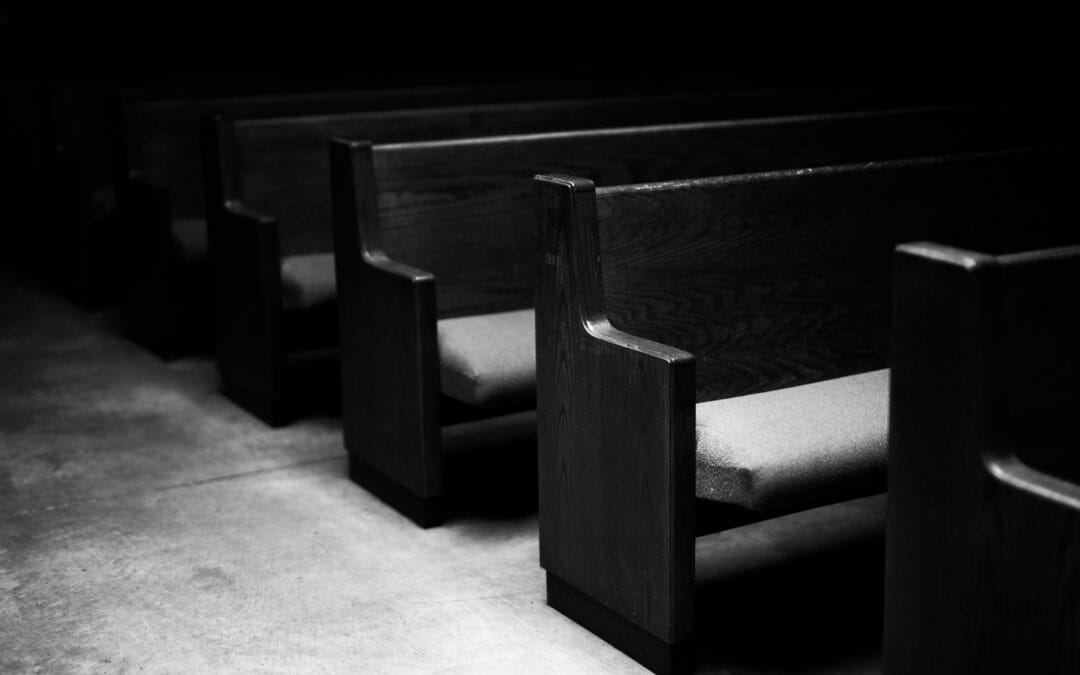
People do not want to belong to a needy organization. They want to belong to an organization that meets needs!
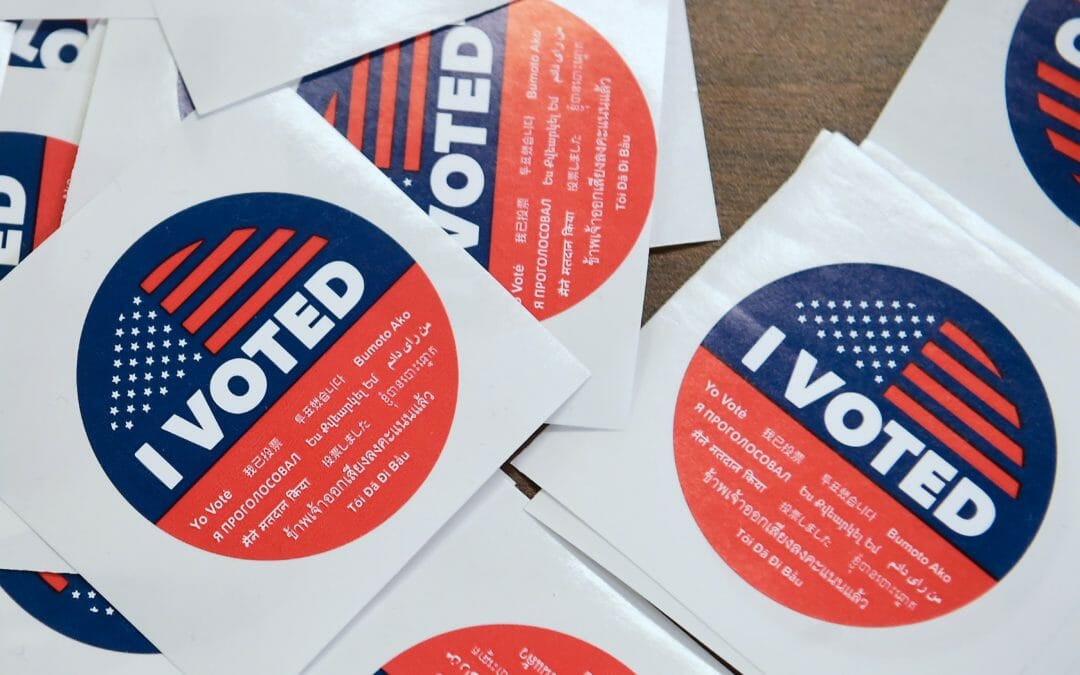
We are to serve as a paradigm of what a plausible future might be. Our purpose is to demonstrate what life might be like if only guided by different standards—those set by God.
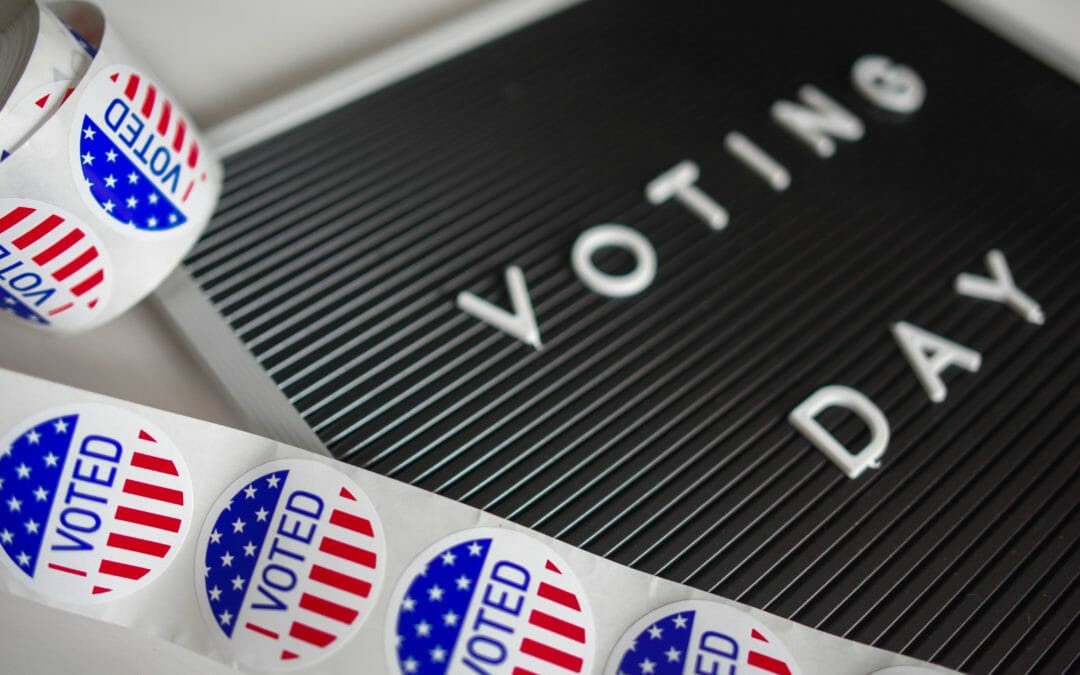
If you have accepted the call and claim of Christ in your life, cast your ballot in love, not fear. Be bold now as you will be on the day of judgement.
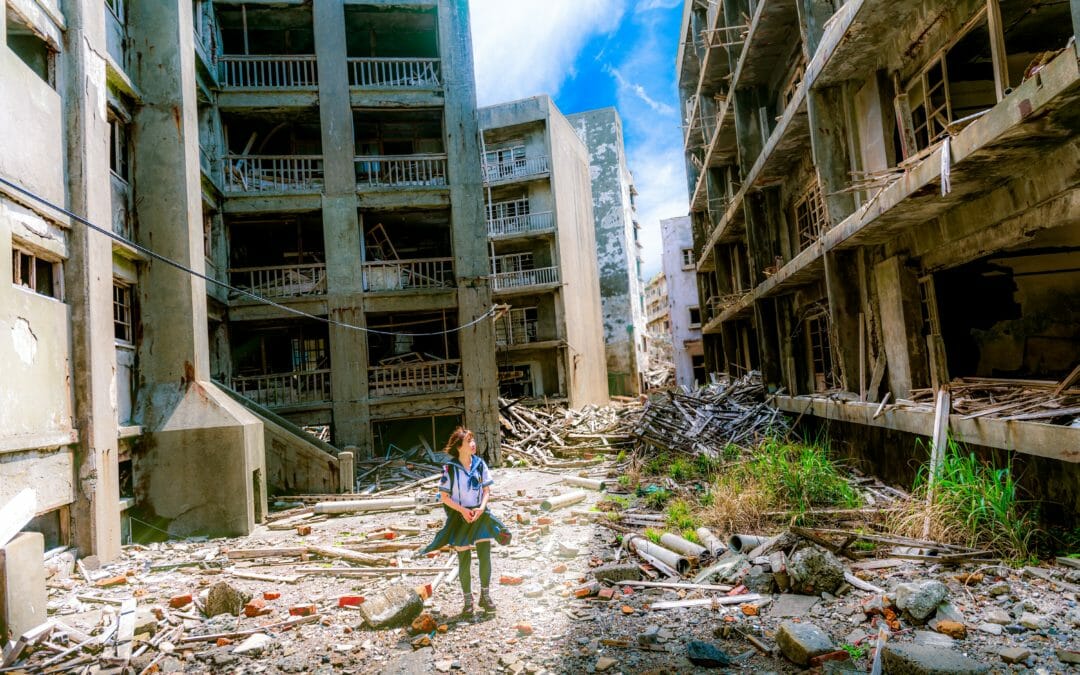
What we are experiencing in 21st century America and across our modern world has happened throughout human history, and the best place to see the truth of that is in ancient Scripture.
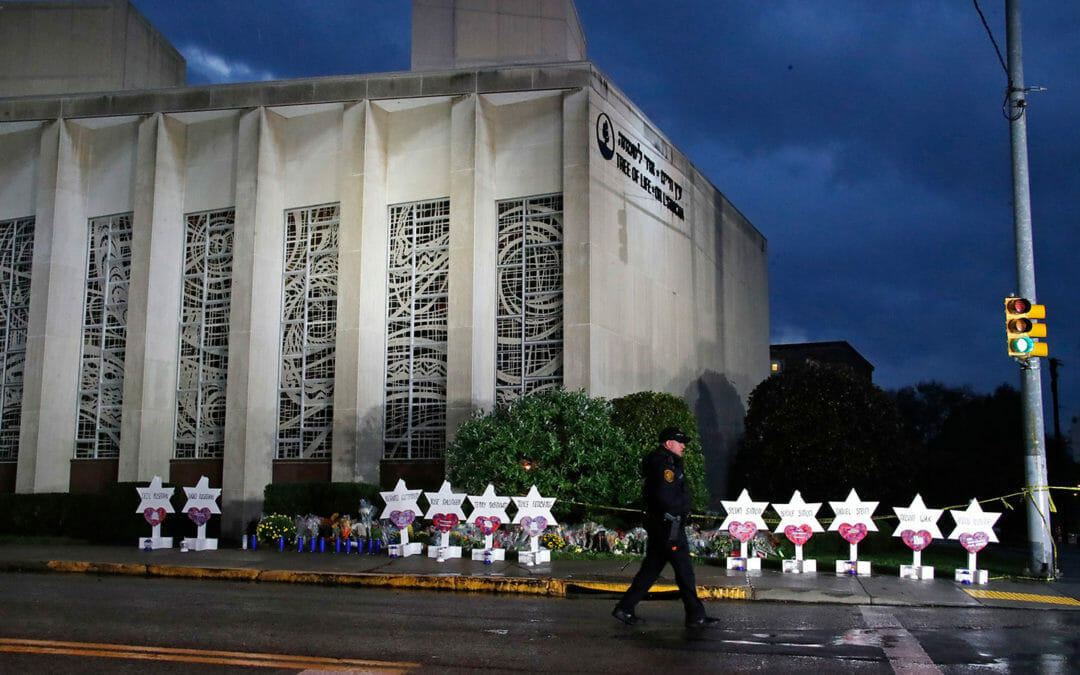
I believe that we Americans—people of all faiths, of all creeds, of all heritages, ethnicities and races—face a fundamental choice. We can allow our society to descend further into a destructive divisiveness or we can create those things we share in common and get to work building upon them.
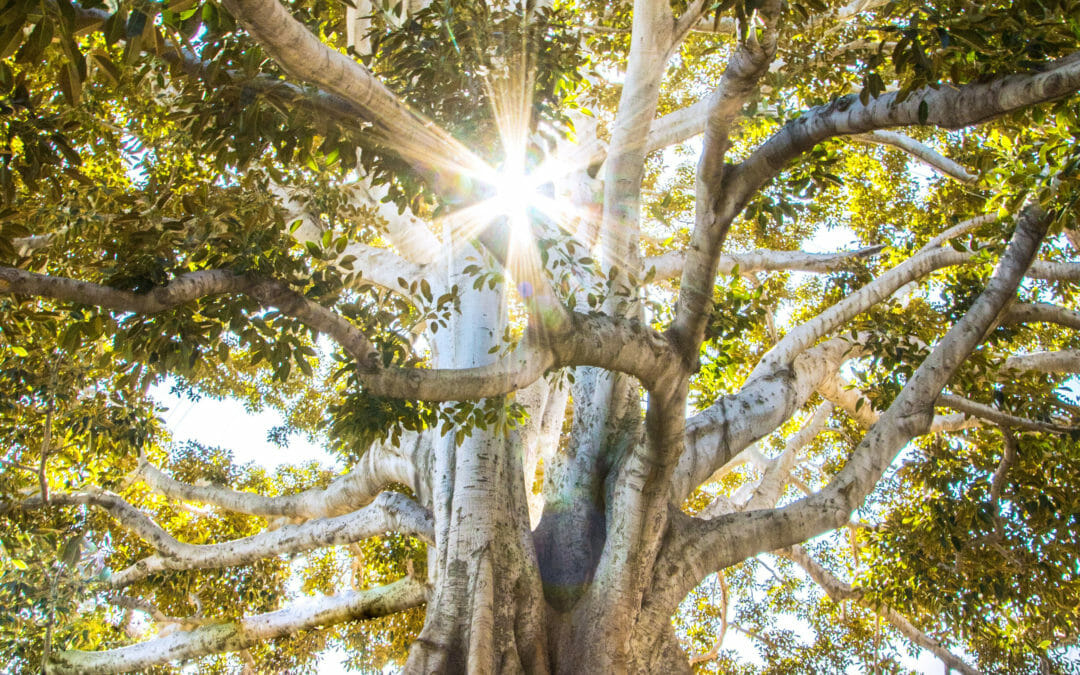
Evil may be surprising to some, shocking to many, yet it is anything but new. Regarding its presence and persistence, Christians ought not to be naive. Evil is as old as the brokenness of humanity and as constant as the light of the sun.
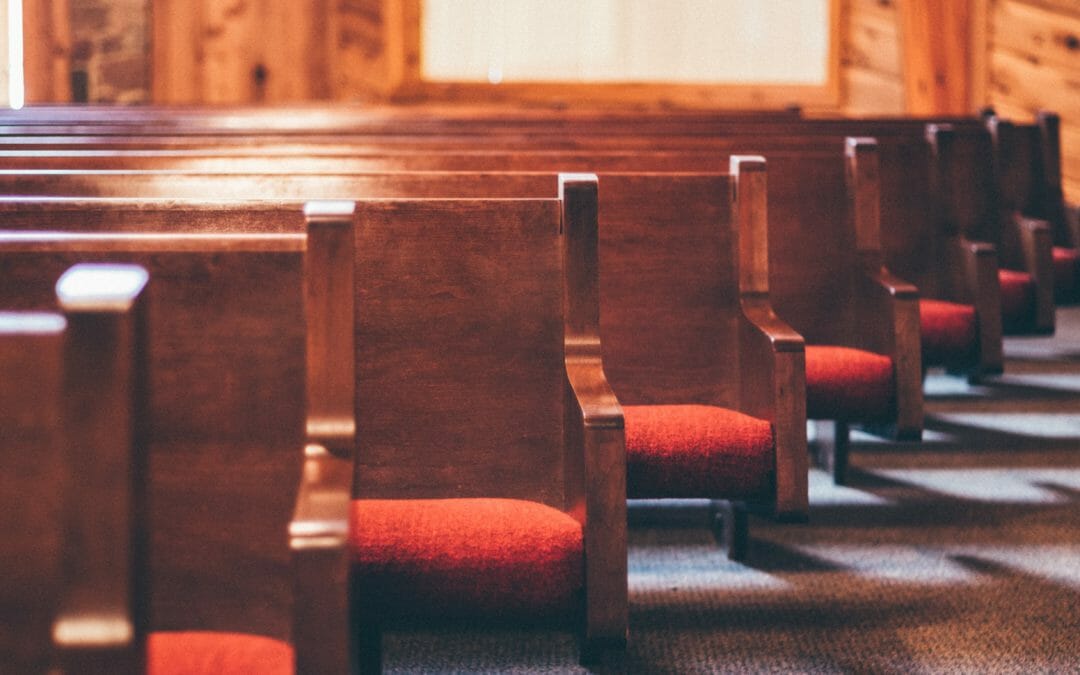
What we need today is a radical reengineering of the church. There is a growing need to go back to the drawing board and devise new ways of “doing church.”

When you pray for something or someone, by default, you think about them. And when you think about them, you find yourself wondering things. What do they need? What do they want? What scares them? What makes them angry? What do they hope for? It’s then that you begin to see them in a different light. You come to understand their motivations in a new way.
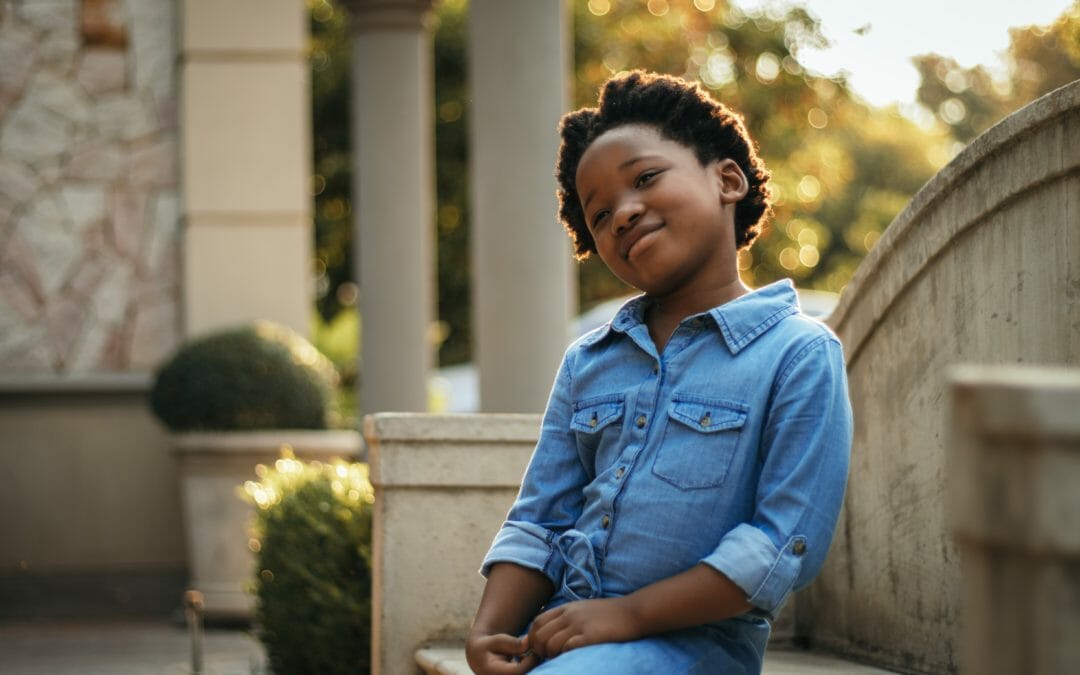
No party or ideology has a monopoly on the solutions to ending poverty in America, and both parties are to blame for expending more energy on policies aimed at the upper and middle classes at the expense of people in poverty. With a few exceptions, neither Republicans nor Democrats have prioritized pushing forward a comprehensive policy agenda to combat poverty.
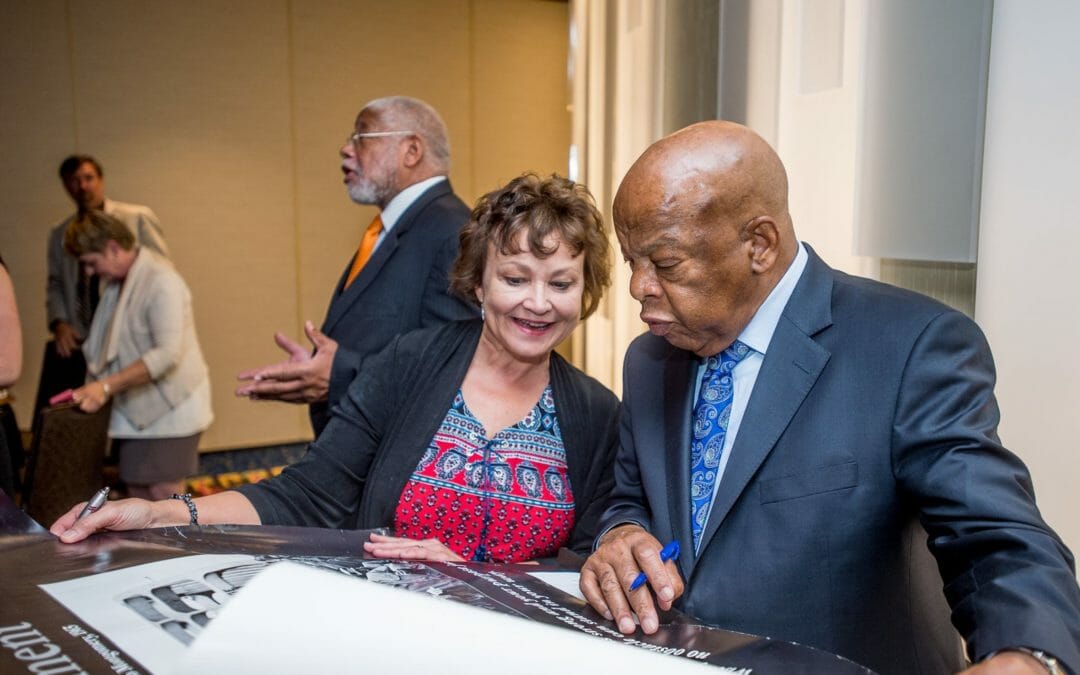
As a seminal event in Baptist life, the first gathering of the New Baptist Covenant was historic—not because this meeting marked a transition from injustice and division to reconciliation and unity, but because it showed us a vision of what could be if we were willing to put in the sweat equity to bring the vision into being.

Fears about the present and a desire for a lost past, bound together with partisan attachments, ultimately overwhelmed values voters’ convictions. Rather than standing on principle and letting the chips fall where they may, white evangelicals fully embraced a consequentialist ethics that works backward from predetermined political ends, bending or even discarding core principles as needed to achieve a predetermined outcome.

God holds us accountable for how we treat each of God’s children. Take care of the corners…
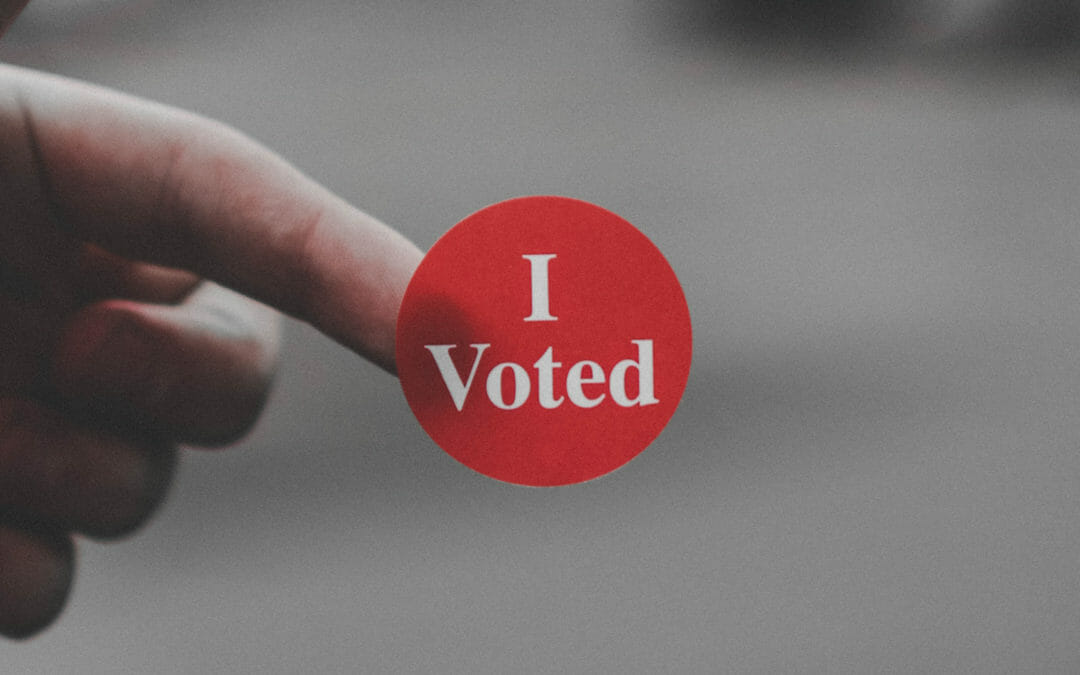
As Christians and citizens, we are called to engage the issues, to seek justice, and to elect leaders who we believe best reflect our values and goals.
Truth or respect? Imagination or connection? My theology does not ask me to choose one over the other. There is need for both truth-telling and respectful rules of engagement. There is need for moral imagination grounded in personalized human connection.

I realized that there was an important lesson to be learned from this child. While I was looking at what was lacking, he was looking at what was enough; I was listening to a need, but he was claiming what he had!

Childhood poverty is an epidemic that is consuming our nation, yet we seem content to exist in a state of denial about its virulent and destructive nature.

I want to offer appreciation to the pastors in my life—those in the church I belong to, the pastors I teach and coach, and the many pastors I meet in person and online around the world. Pastors, here are some of the things I appreciate about you.
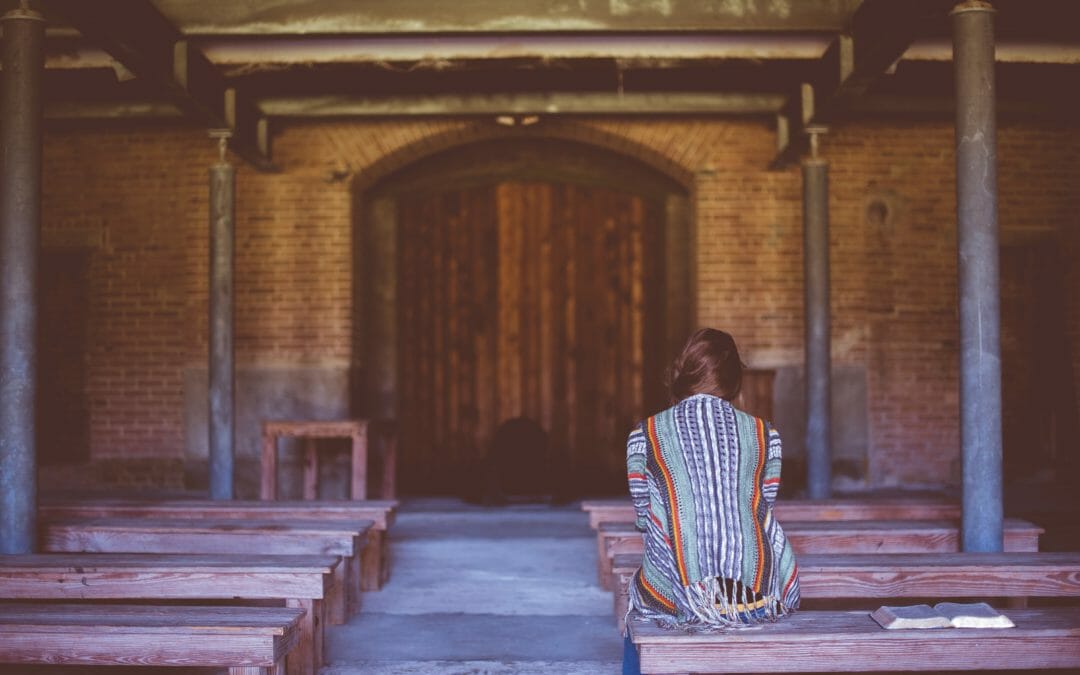
As people of faith, we should have already been addressing this as a matter of practice. The provocative story from 2 Samuel 11 about King David is but one instance of a biblical #MeToo claim. Why? Because it unmasks corruption and the way power was abused by one of the preeminent figures of Scripture.
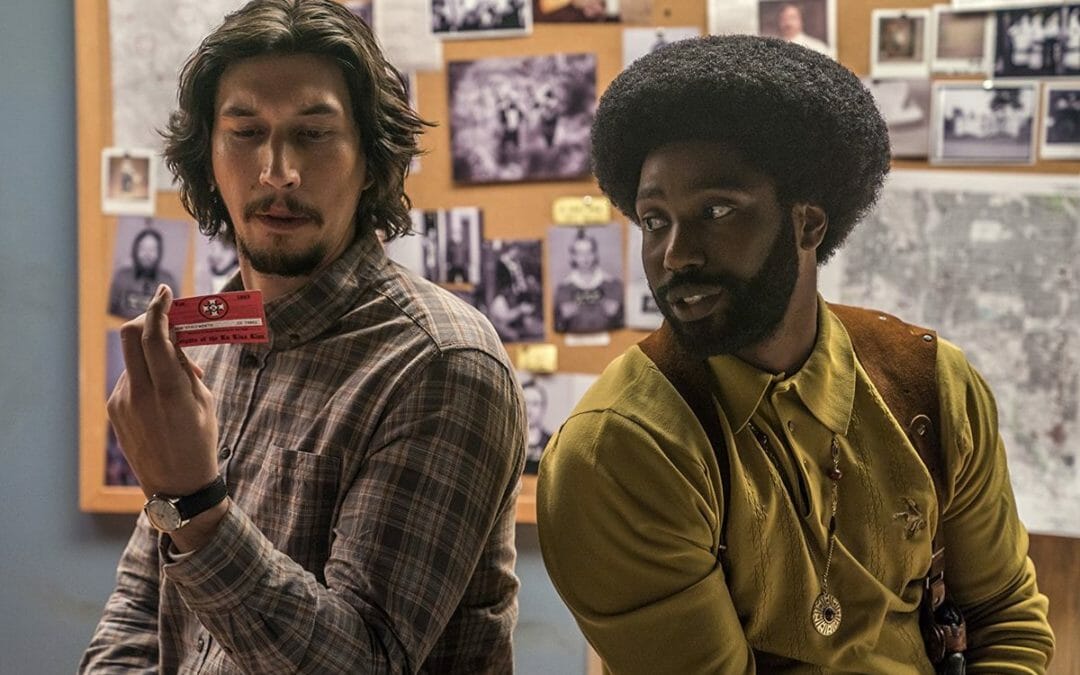
“BlacKkKlansman” is particularly resonant in these times and was released the same weekend as the first anniversary of the tumult in Charlottesville, Virginia. Further, the film engages questions of “dog whistle” rhetoric in the present day where equivocation in high places seems to condone more than condemn racist acts and words.
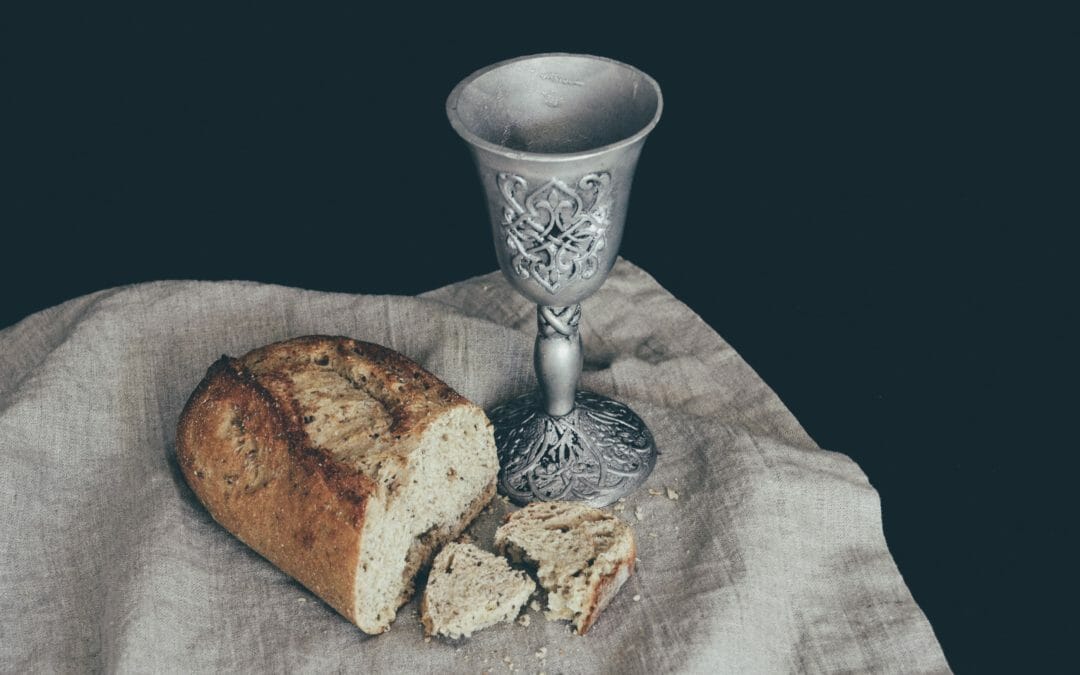
Our pastor shared the words of institution, “This body, given for you; this cup, poured out for you.” Suddenly, I felt like I was home again.

It’s important not to step in to help just because of feeling anxious. Seeing other people struggle is anxiety-producing, but it can be an opportunity for people to learn and grow.
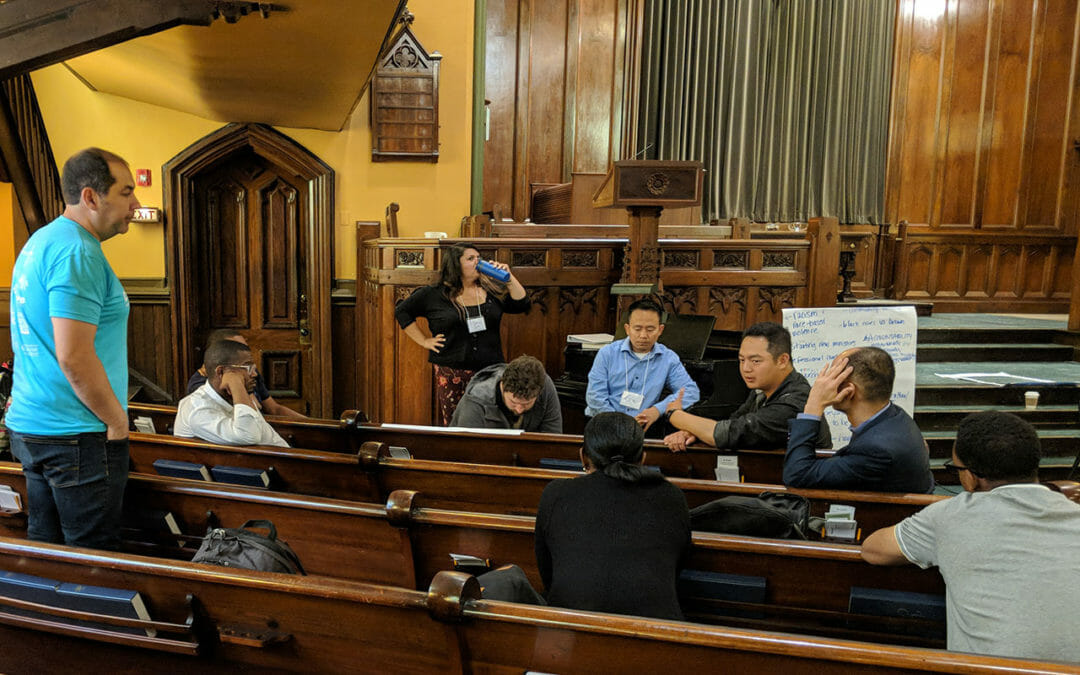
Millennials are in the trenches of a church that’s in crisis, a Christianity that has been corrupted by nationalism and a society that is wracked by unsustainable economic inequality.

Are these stories of invisibility the most traumatic ones I could tell? By no means. But they are part of a web of trauma that envelops us all.
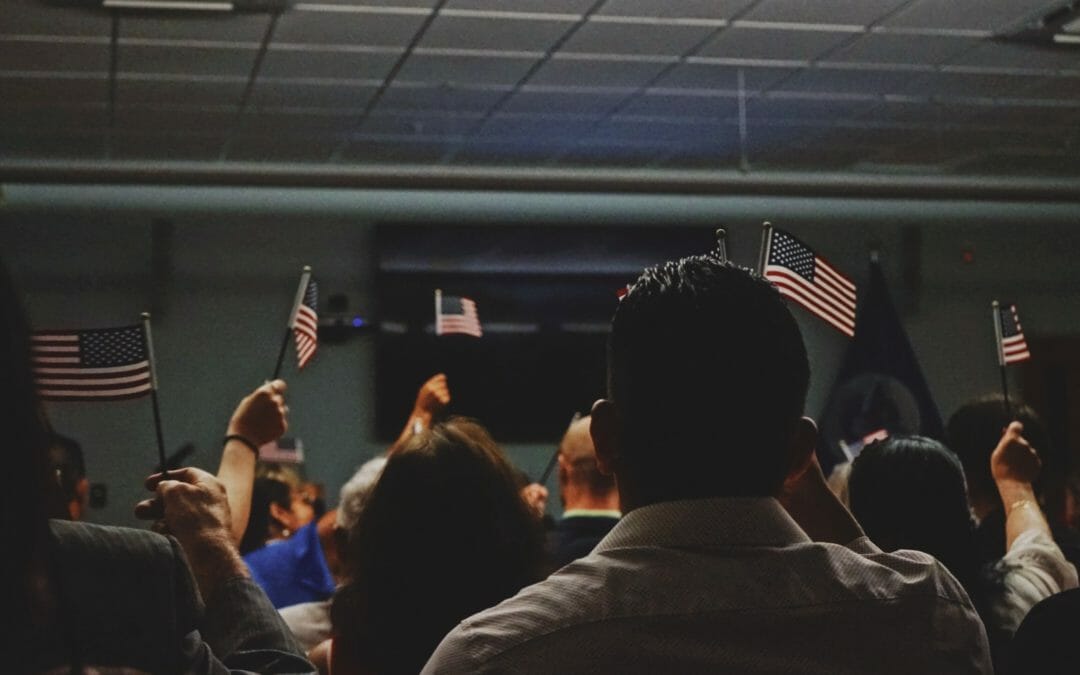
For followers of Christ, the moral response to the global refugee crisis has always been clear. We are called to welcome the stranger, to love our neighbors, to seek justice, to care for the orphan and widow. We are called to have compassion that extends beyond borders.

How long must women of African descent suffer the insulting, racist, body-shaming tactics that continue to suggest ugliness and unattractiveness? How long must women of African descent be labeled as angry and dismissed because we too can be passionate? How long must we be “white washed” in our obedience and compliance, silenced to the point of invisibility? How long?

Many have dismissed inclusive language as “politically correct.” However, it runs much deeper. It is an attempt to speak justly about humans, and it strives to offer a vision of God beyond gender.

To what extent will you go to save face and avoid humiliation or embarrassment to preserve your reputation? Living in an image-conscious society, many people spend an enormous amount of time, money and resources to paint beautiful self-portraits, particularly on the universal platform of social media.
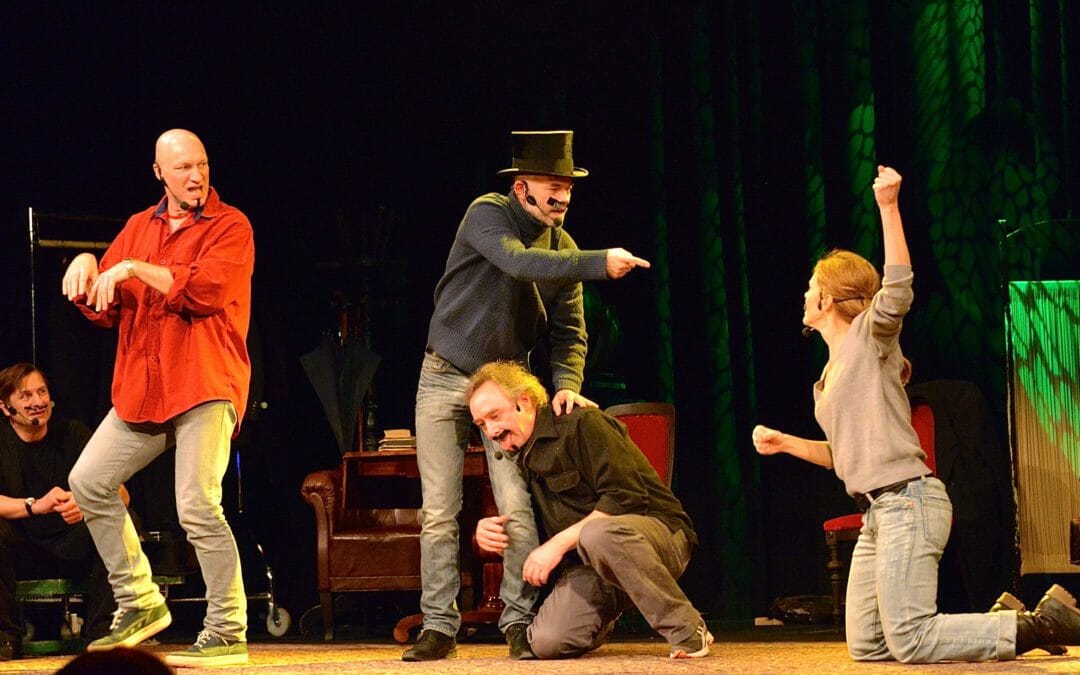
“Yes, and” is the essential posture for improvisation. But what is the improvisatory offer on this day, in this situation, in this life? Then, again, what else is there but free and faithful improvisation? It is the hope-filled response fitting for a life of faithful discipleship. It is marked by honesty and freedom, responsibility and risk, listening and acting, prayer and community.
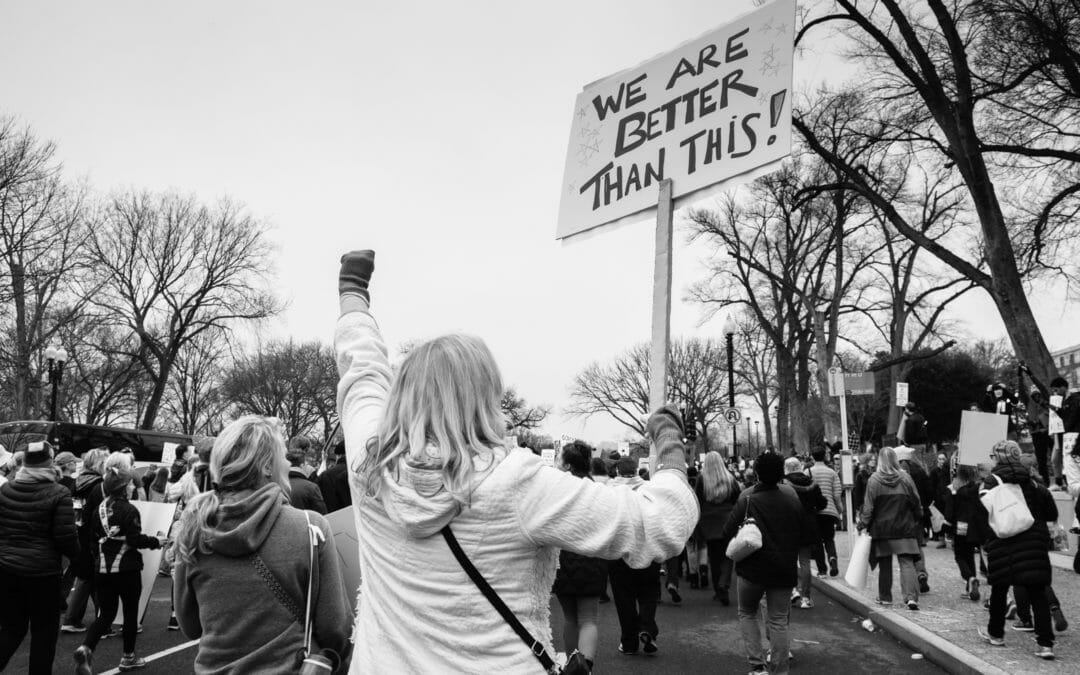
Being faithful to God requires political navigation. Literally, Roman coinage bore the image of Caesar. It belonged to the political leader and the institution that he led. Jesus’ sage lesson here exposes the truth about faithfulness to God. Sometimes, politics and religion must mix it up.

Learning may be the most important skill for church leaders. To make it as a leader, you must be able to learn from your experience. If you can’t learn or think, then it’s a waste of time. You’ll be unable to adapt to your environment, and you’ll be unsuccessful.
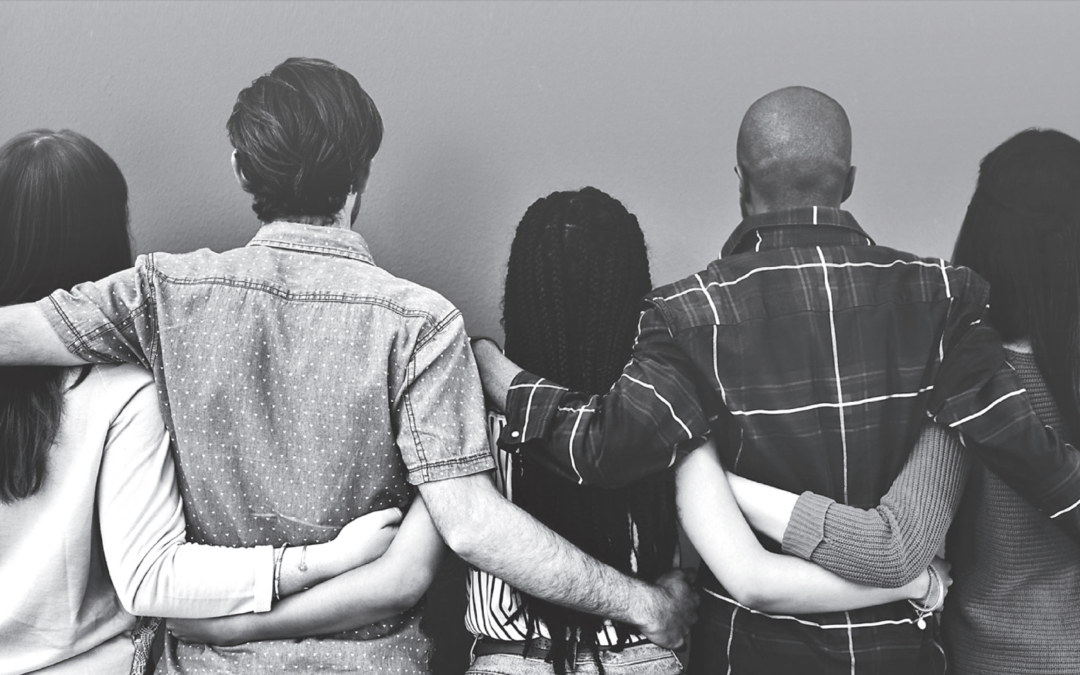
Ending racism will require that we truly adopt the concept of being our brothers’ keeper. It will require a transformational shift in how we serve others—shifting from serving some to serving all, especially people who are different from us.
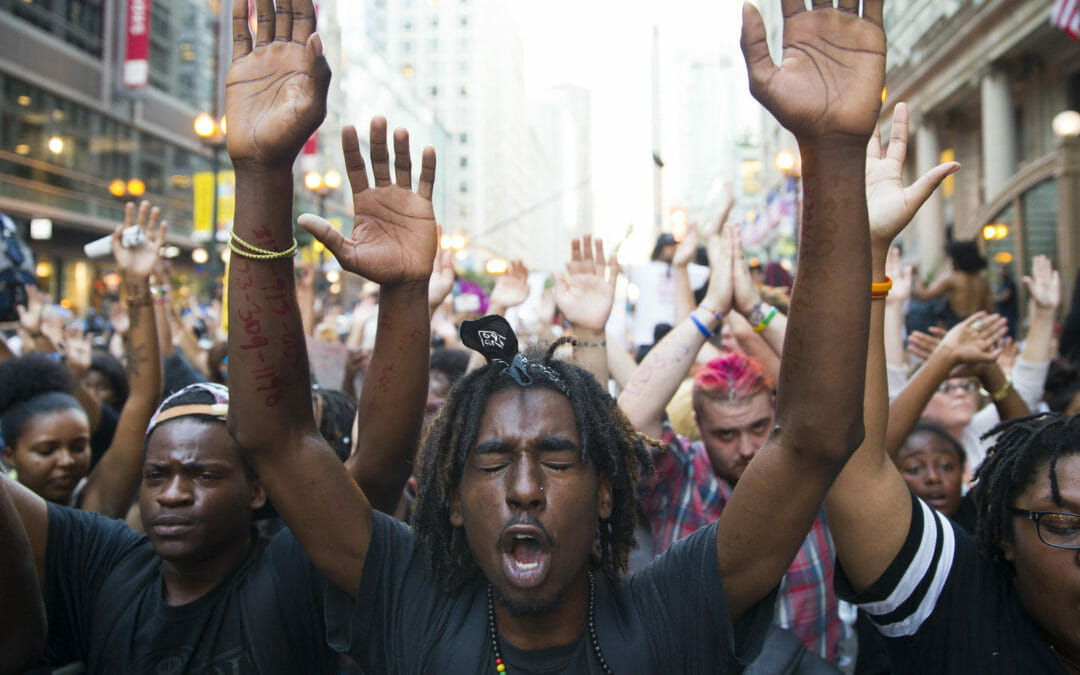
As a white Christian woman, I do not have to worry about being asked about my citizenship. I do not have the same fear when police pull me over in my car. I do not worry about my child being taken from me. I do not worry about being harassed on my way to worship. I have privilege. And when I ignore it, I become part of the system of oppression.
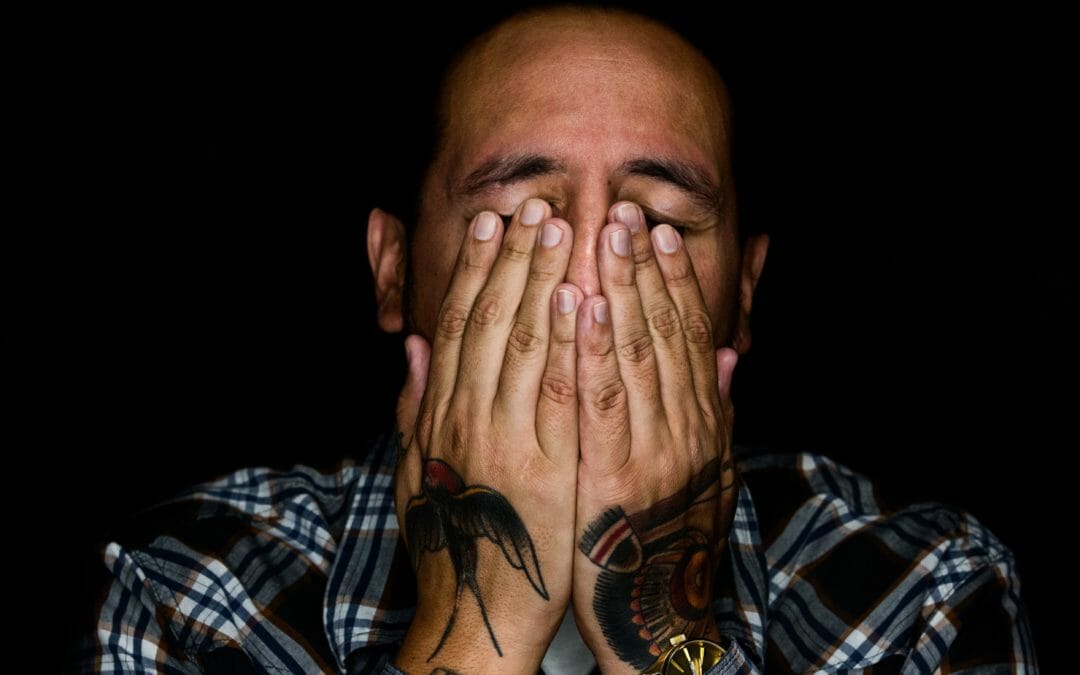
With all that is happening in this country, one wonders if anyone is experiencing peace and love. If a lack of peace and love is the plague that hovers over America, what is the answer? Perhaps we can find it in Scripture.
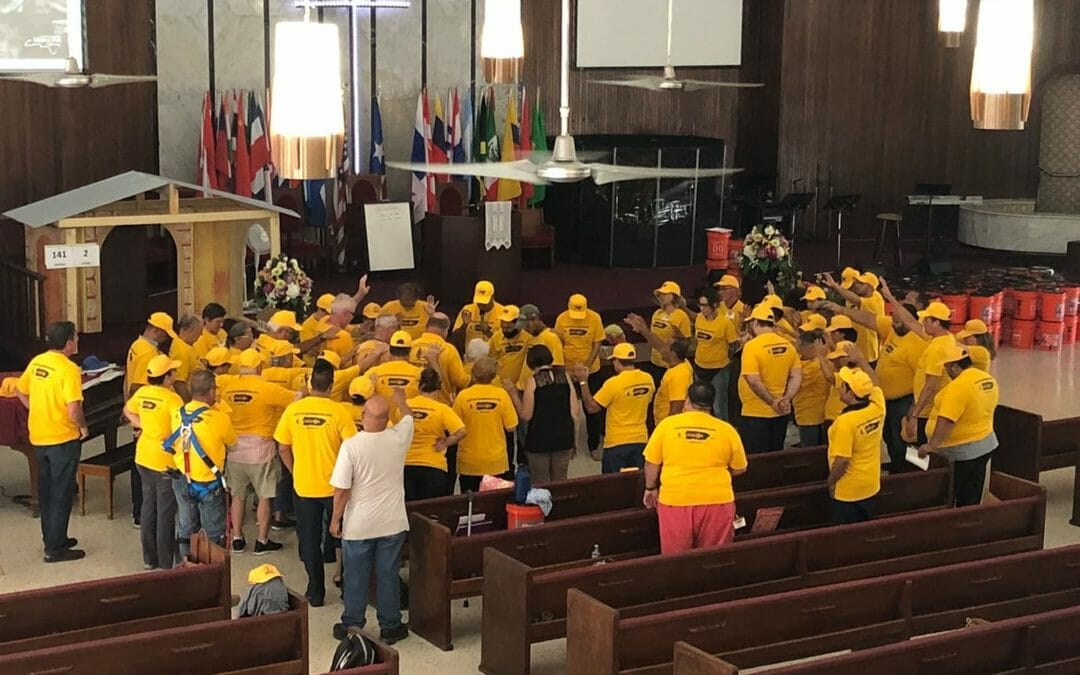
As instructed by Jesus, we were moved to become the neighbor in our community. That allowed us to experience God’s love, in us and through us.
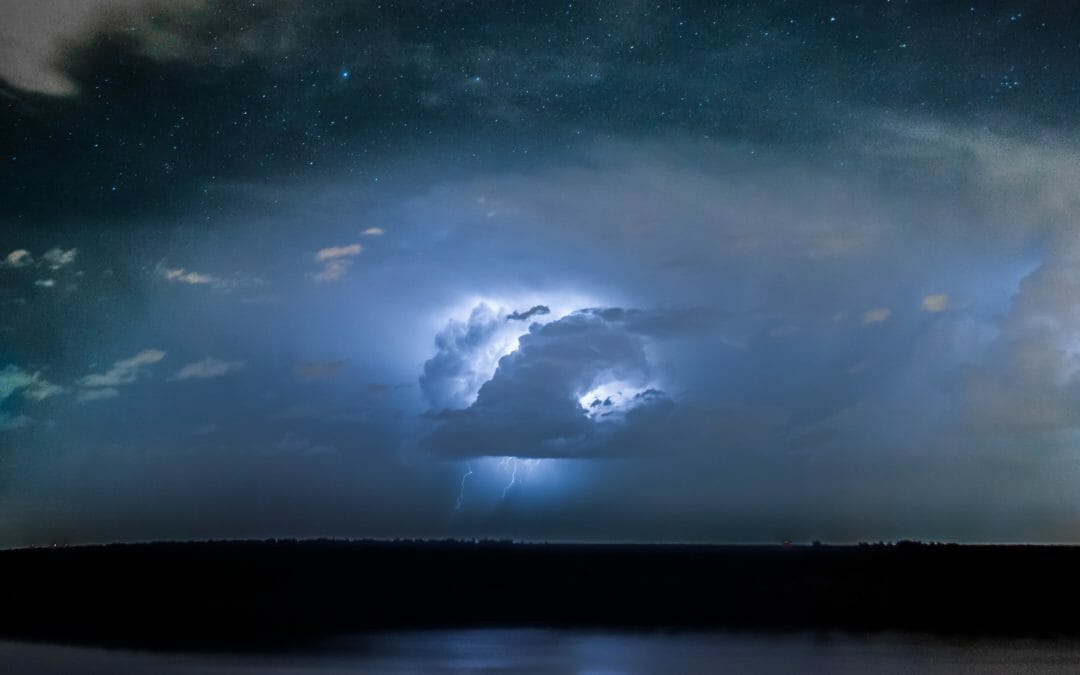
Every day, people from all over the world come to our house and stand at our door, asking for shelter from the storms of poverty, tyranny, oppression and religious persecution.
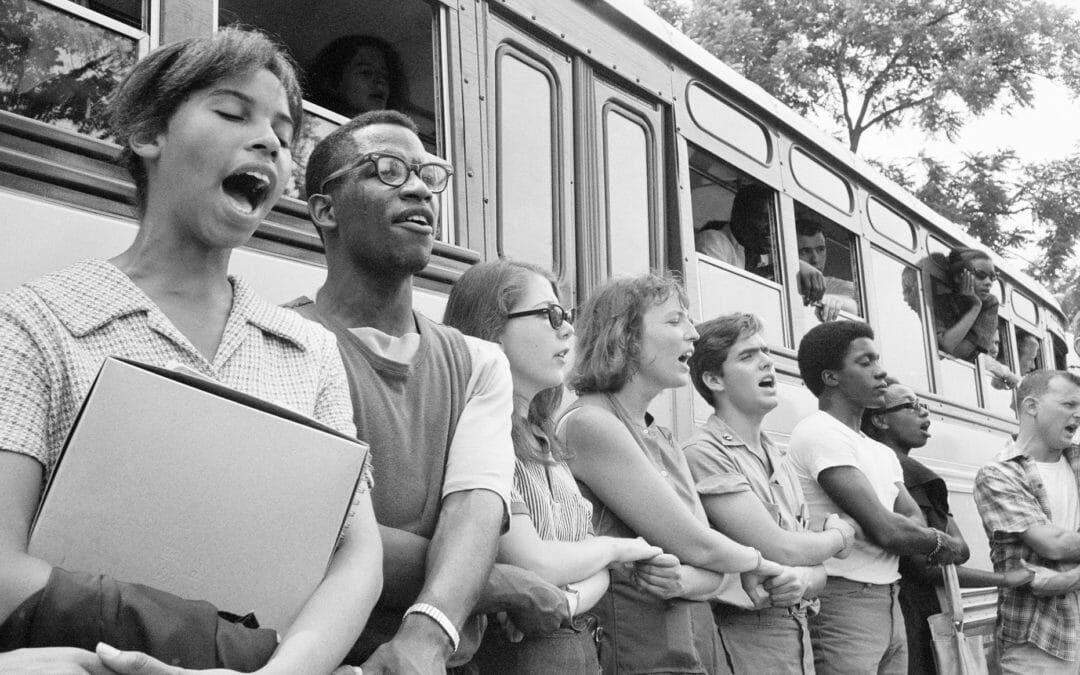
Too often, sermons and Sunday school lessons on issues of social justice raise concerns in people’s minds but do little to prepare or empower them to carry out acts of justice. Commonly, church members leave with a vague sense of guilt about the issue, but no clear idea of how to put their concerns into action.